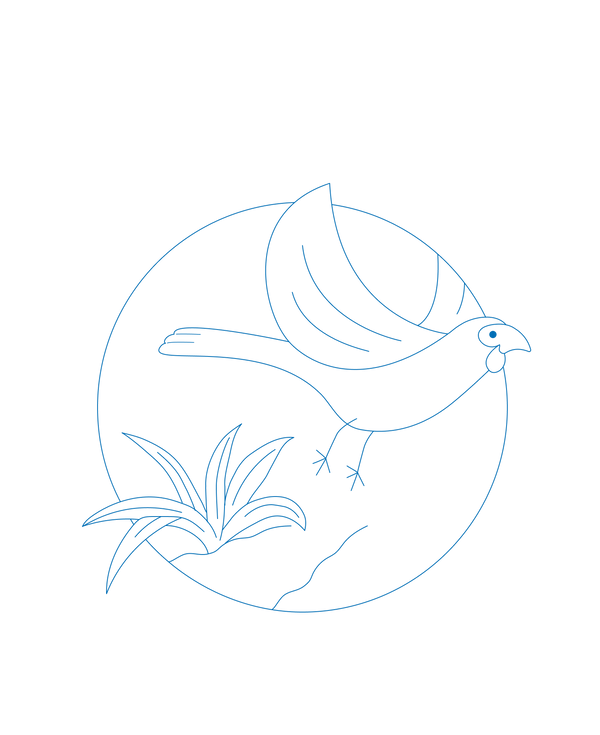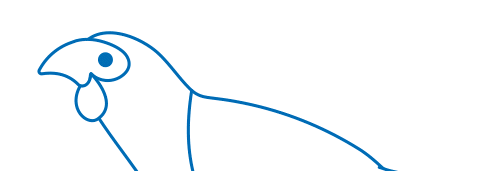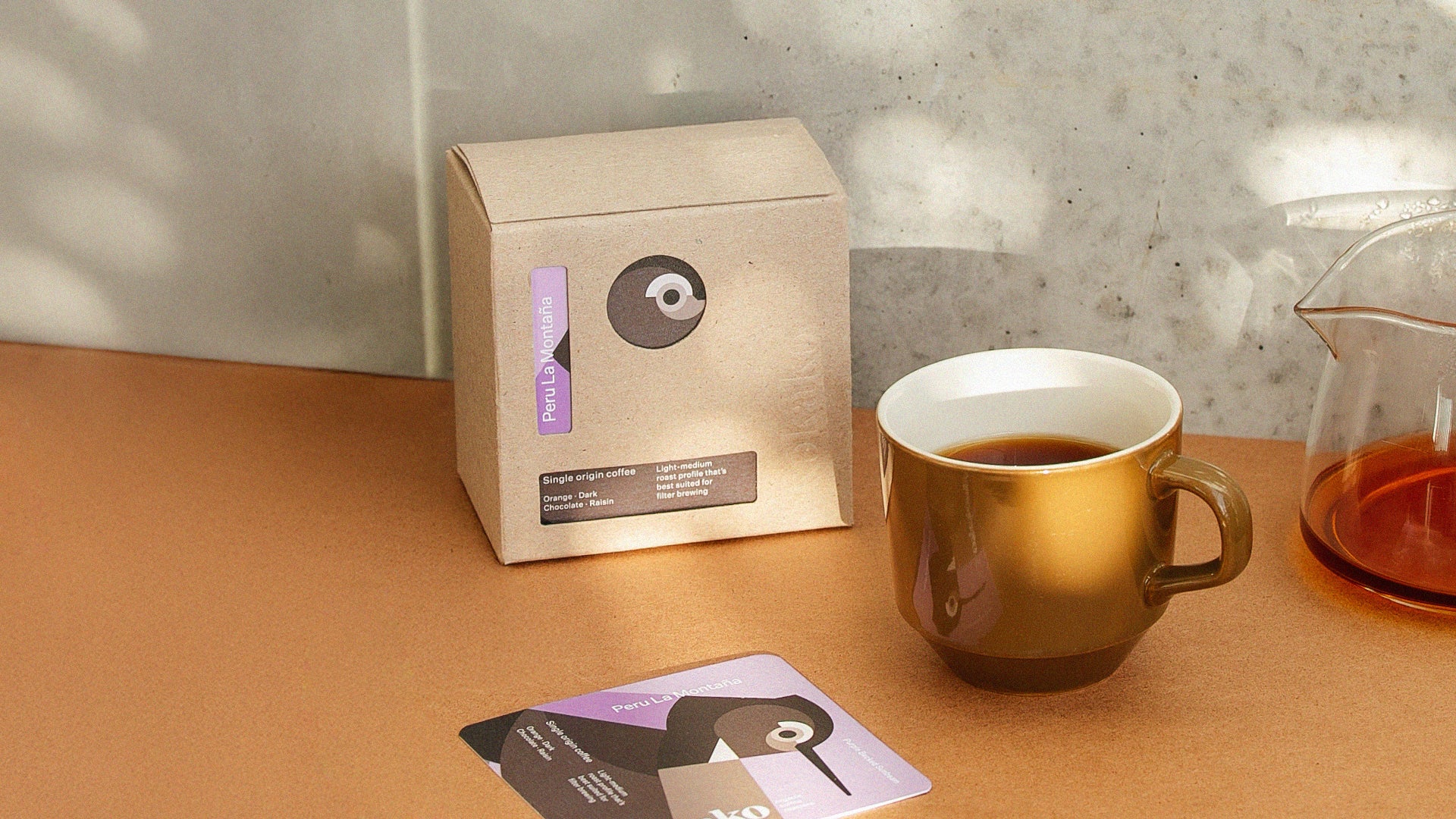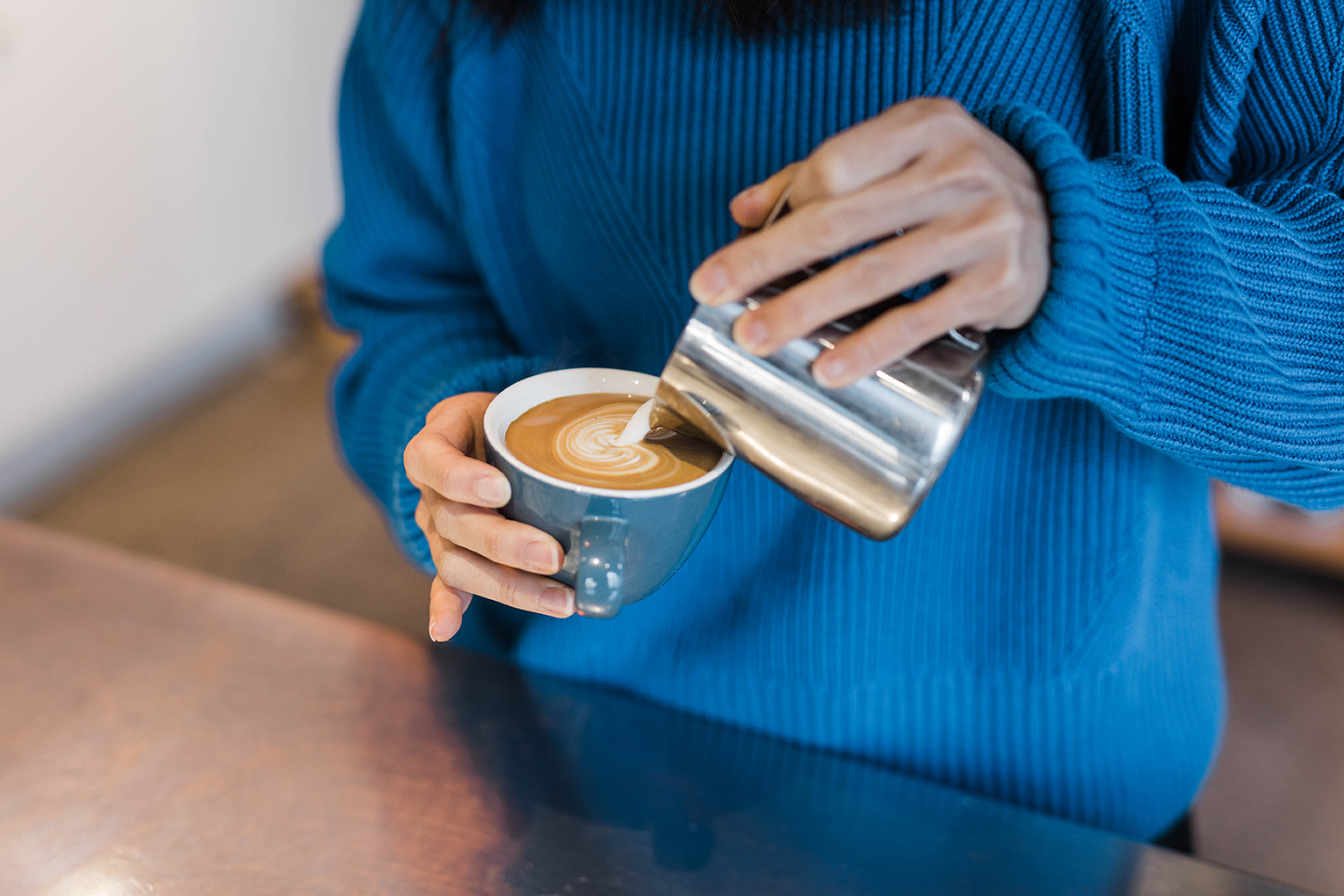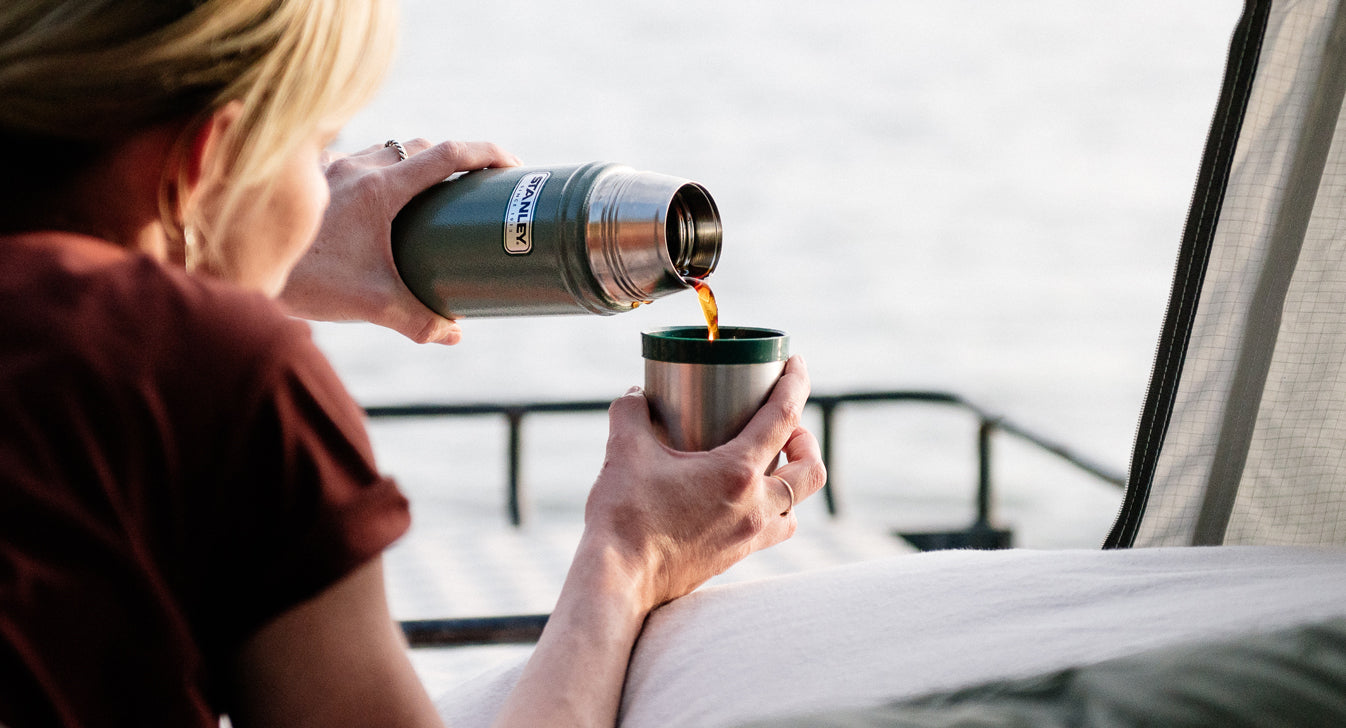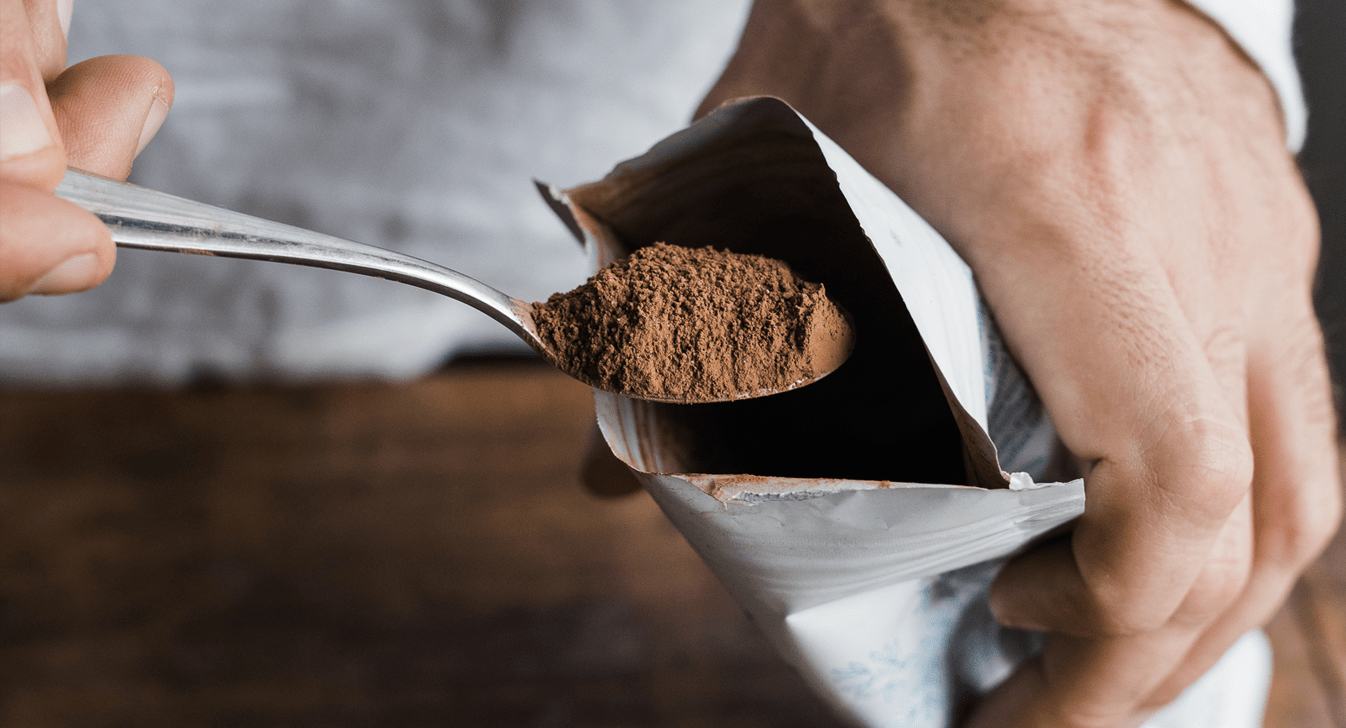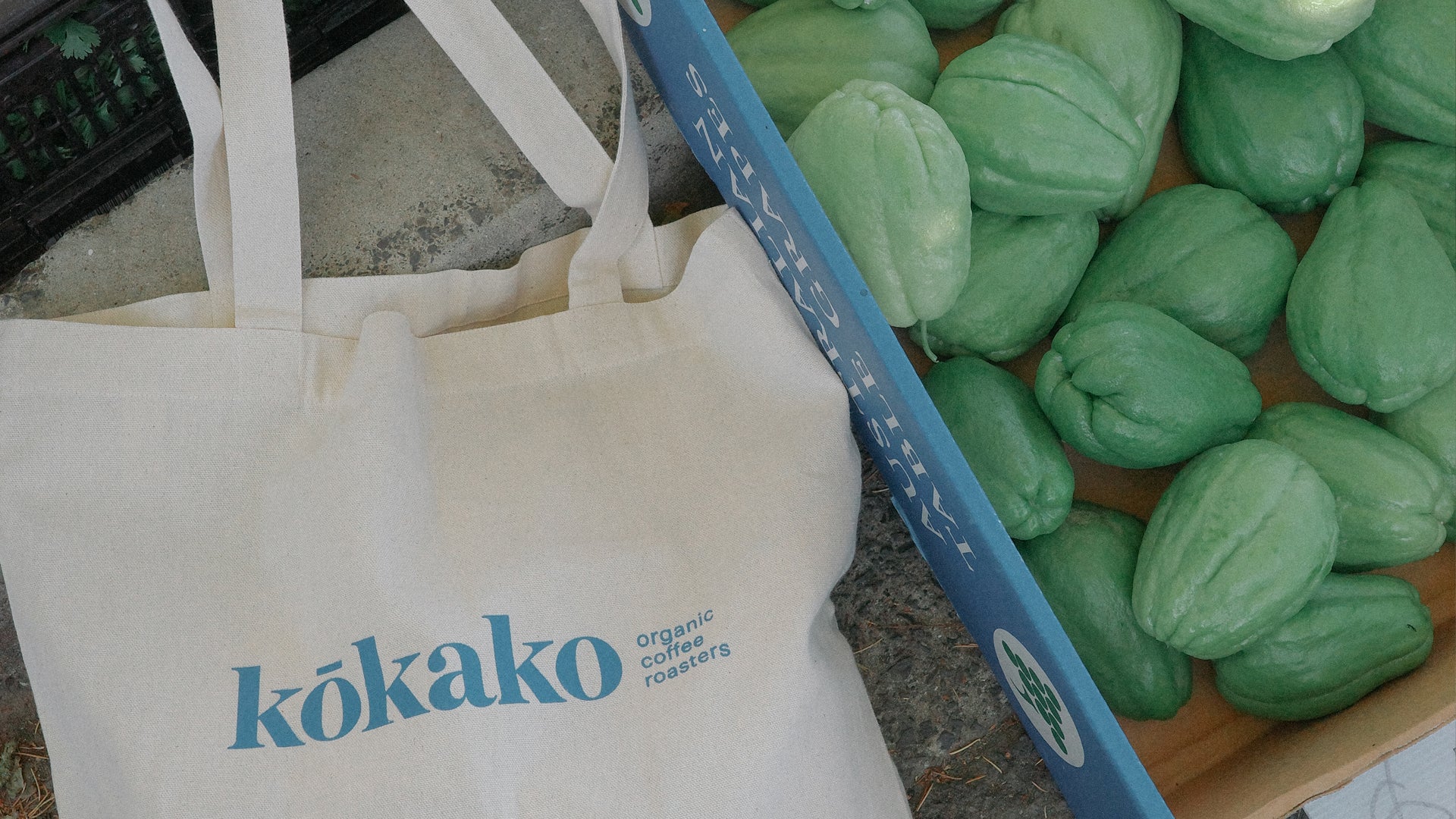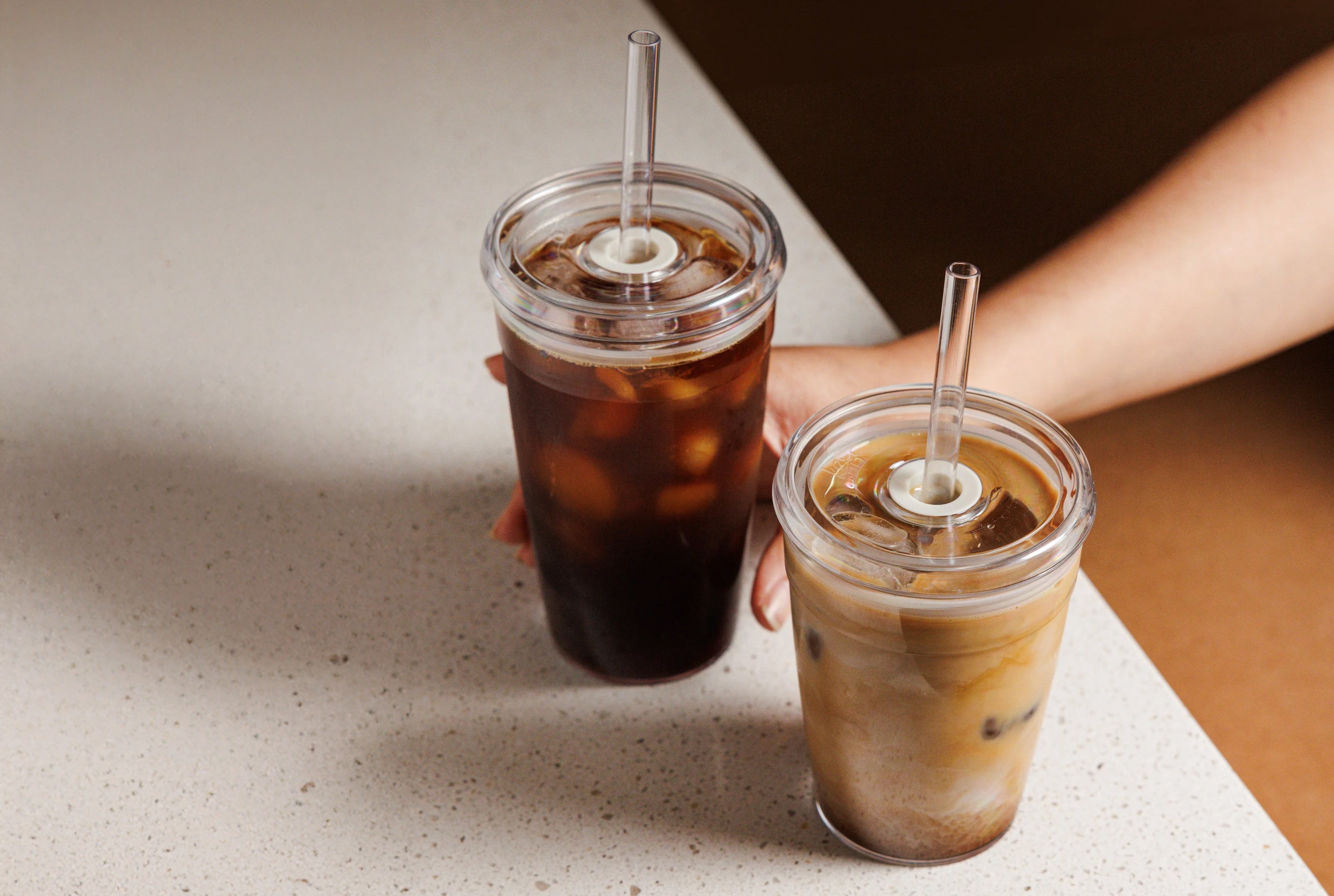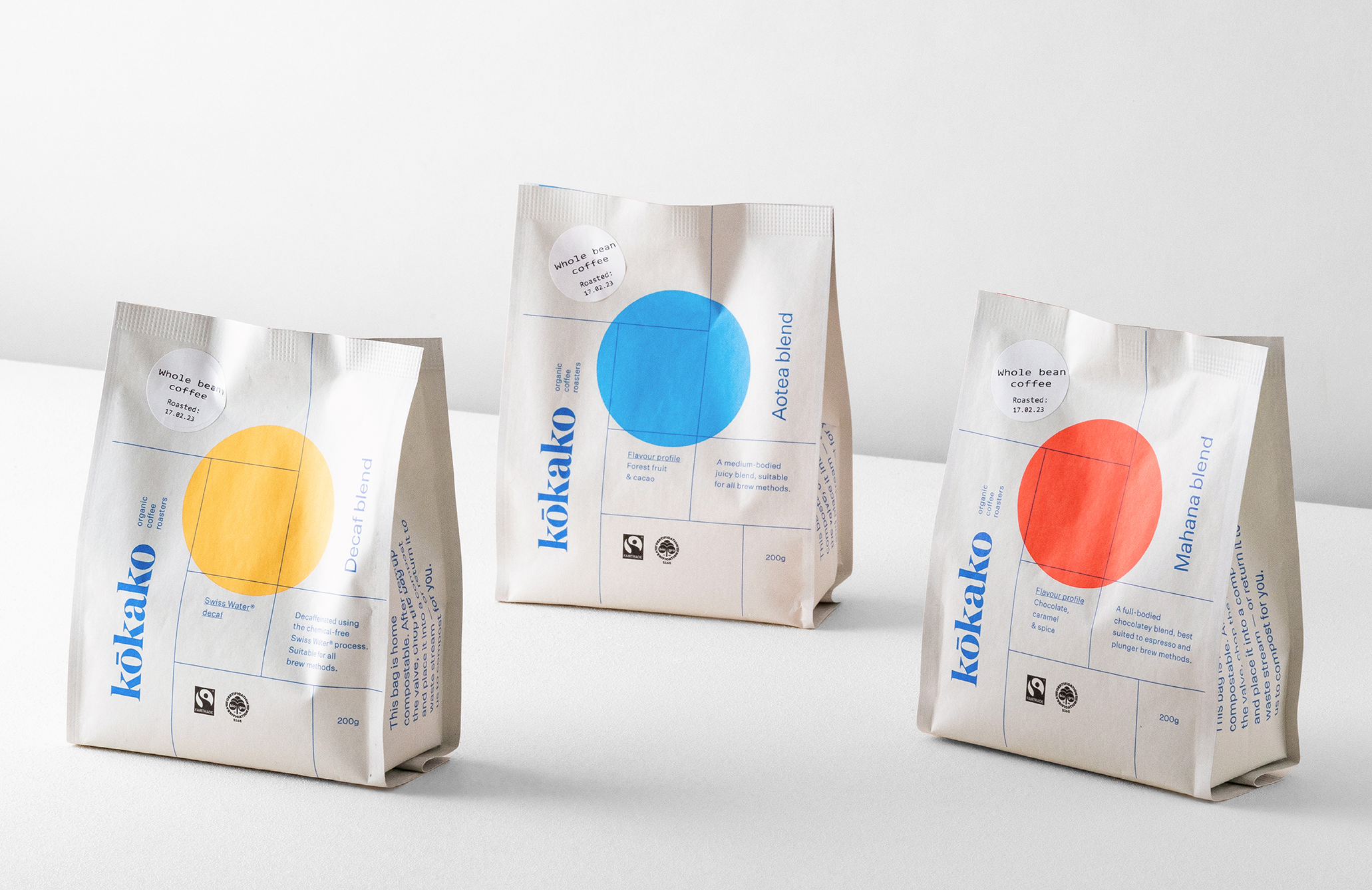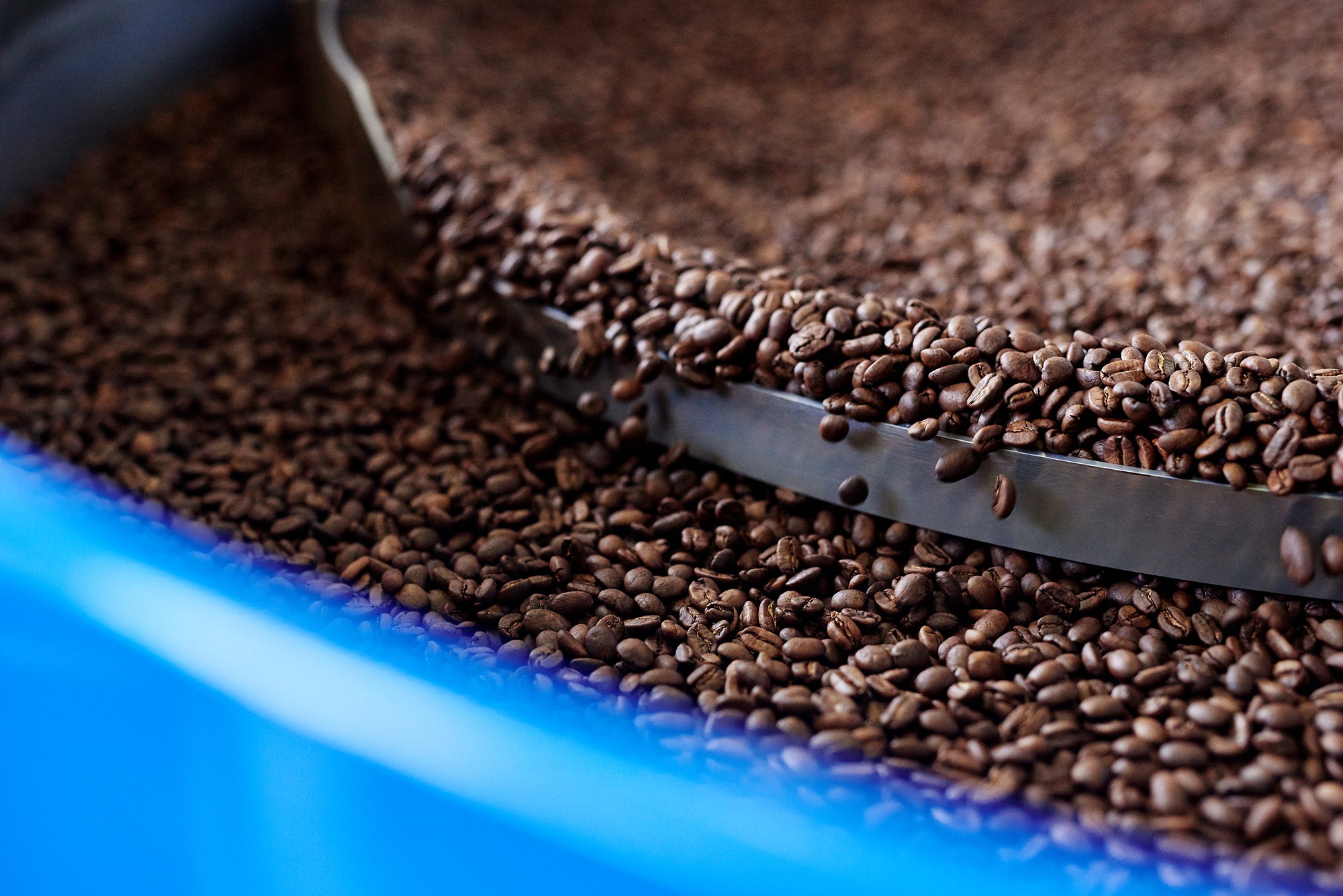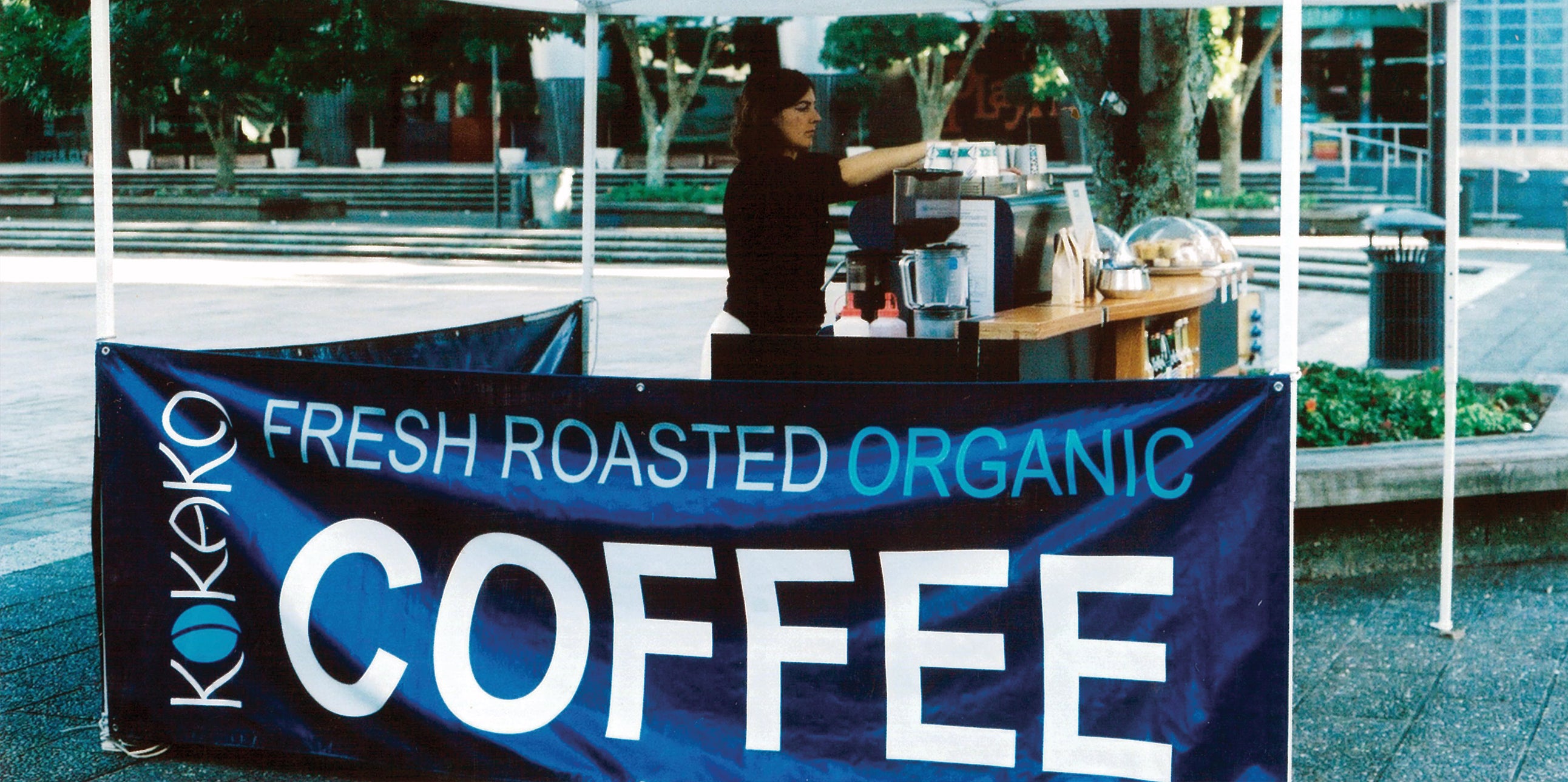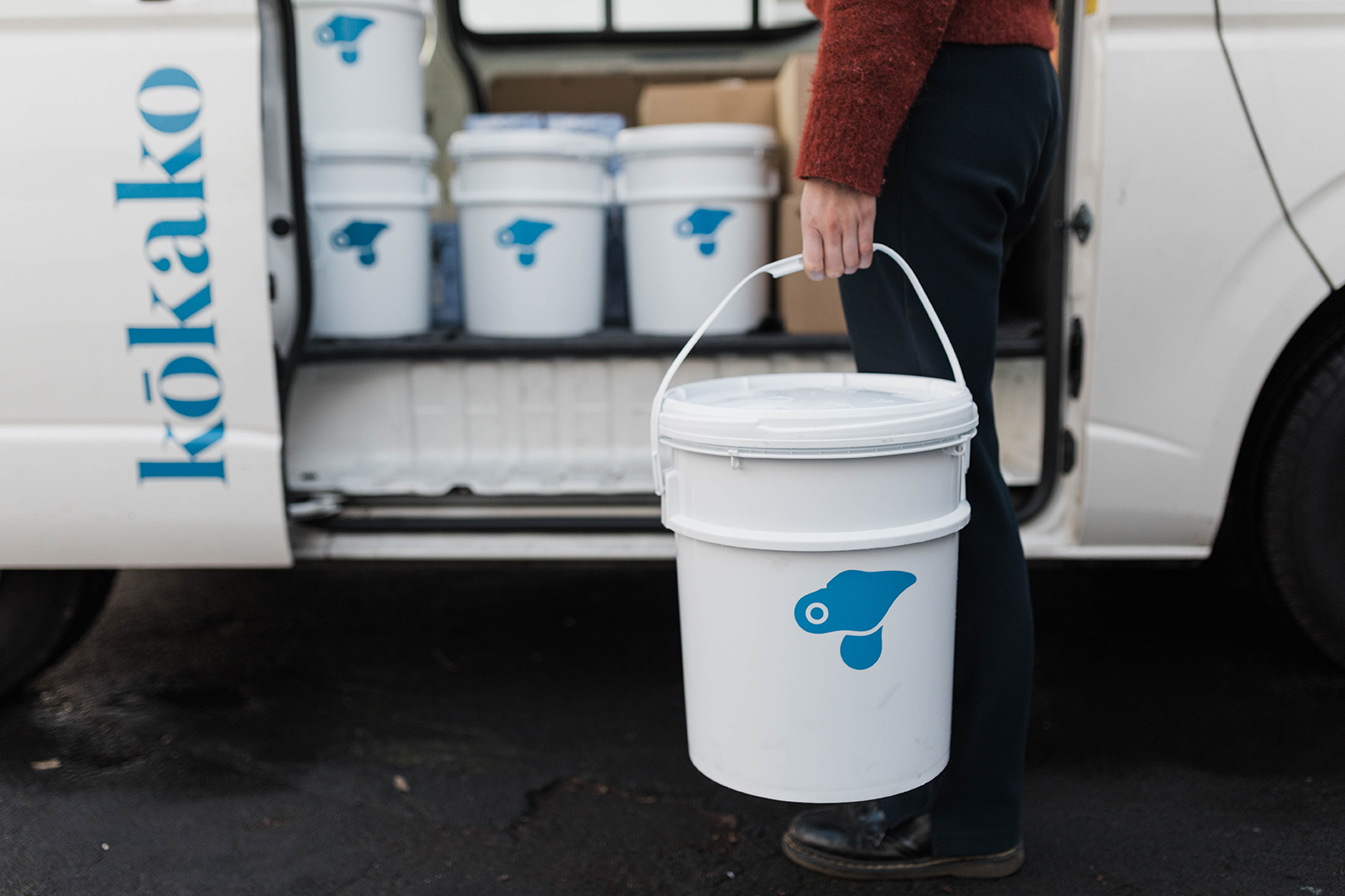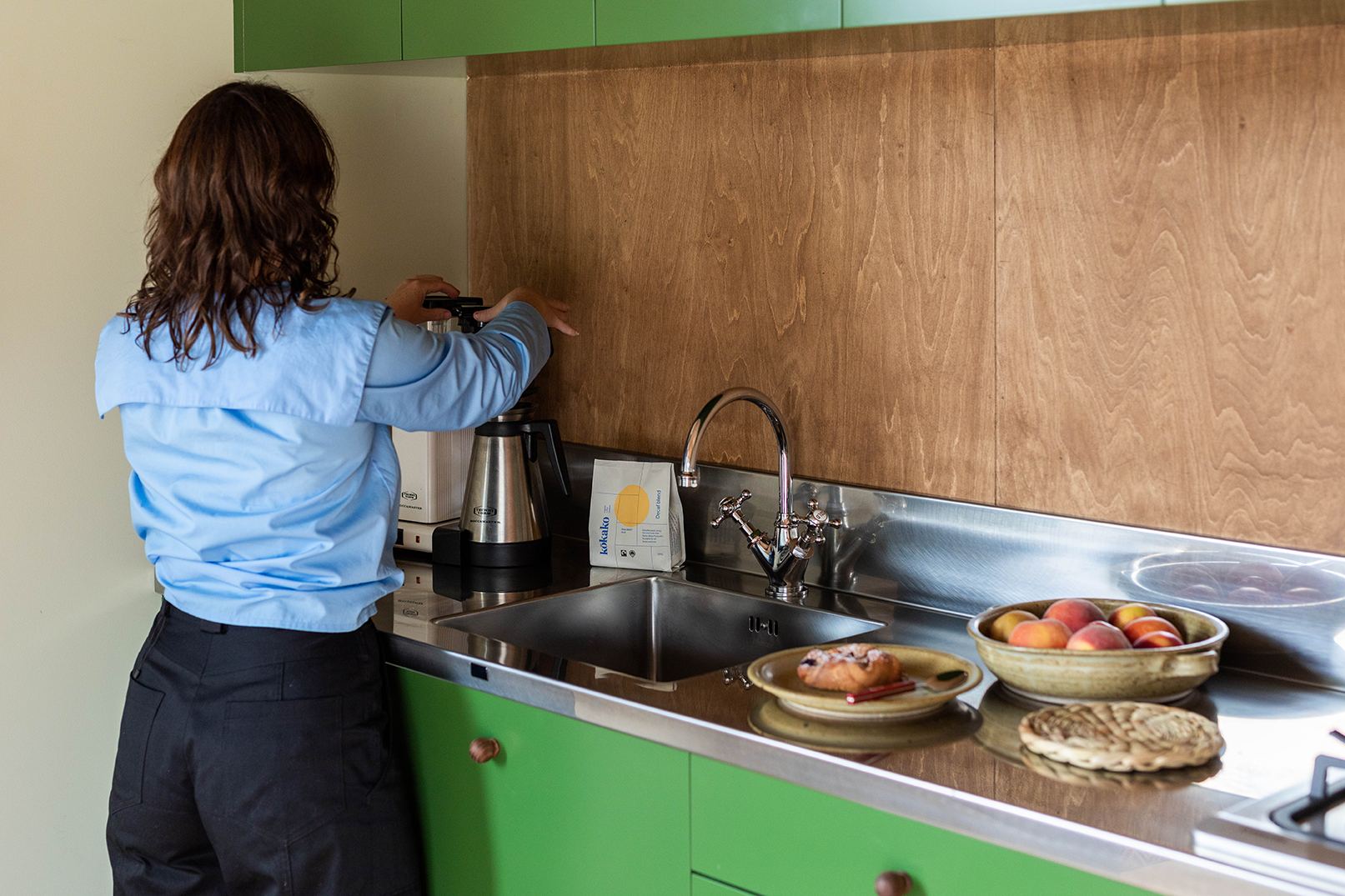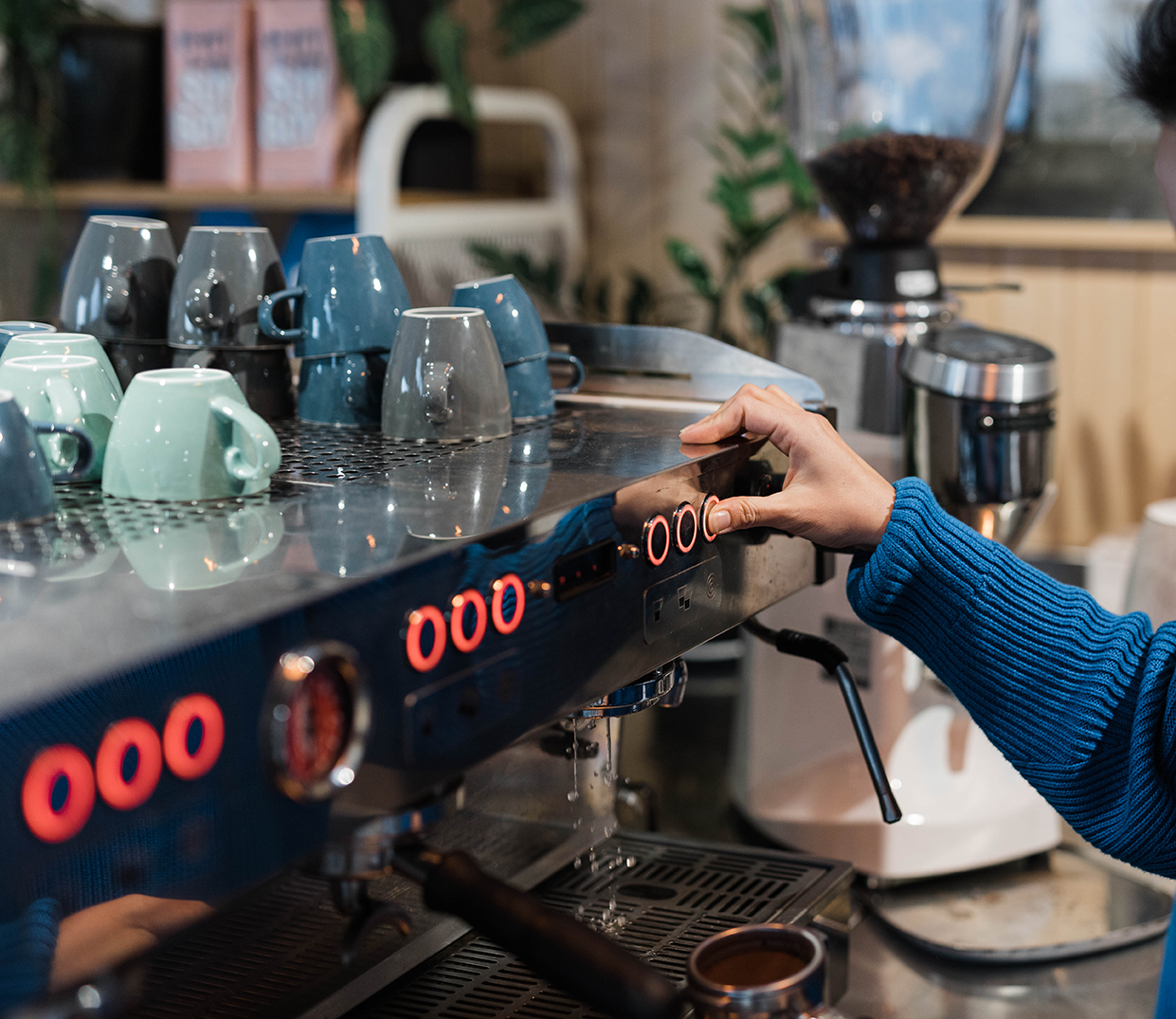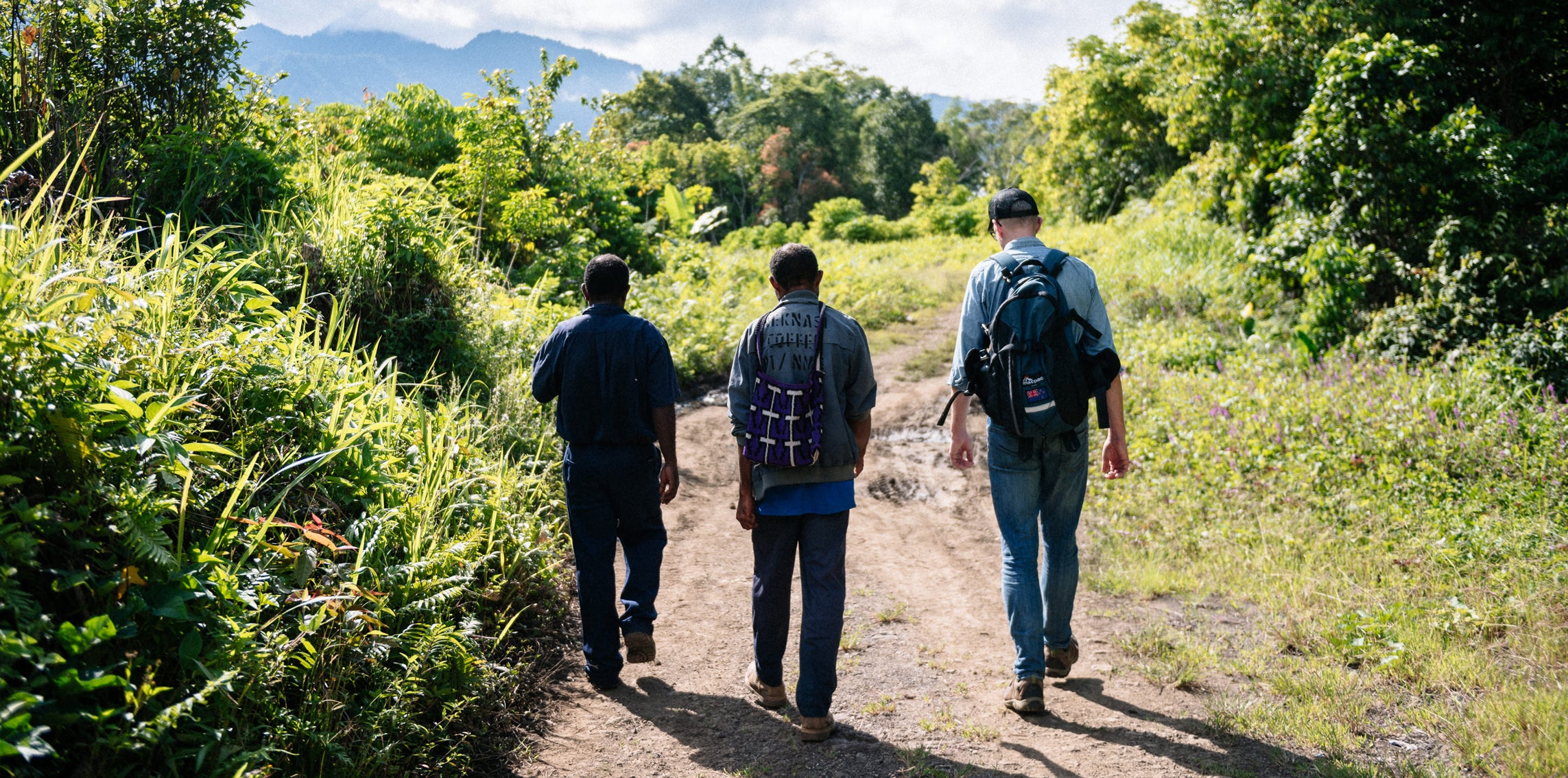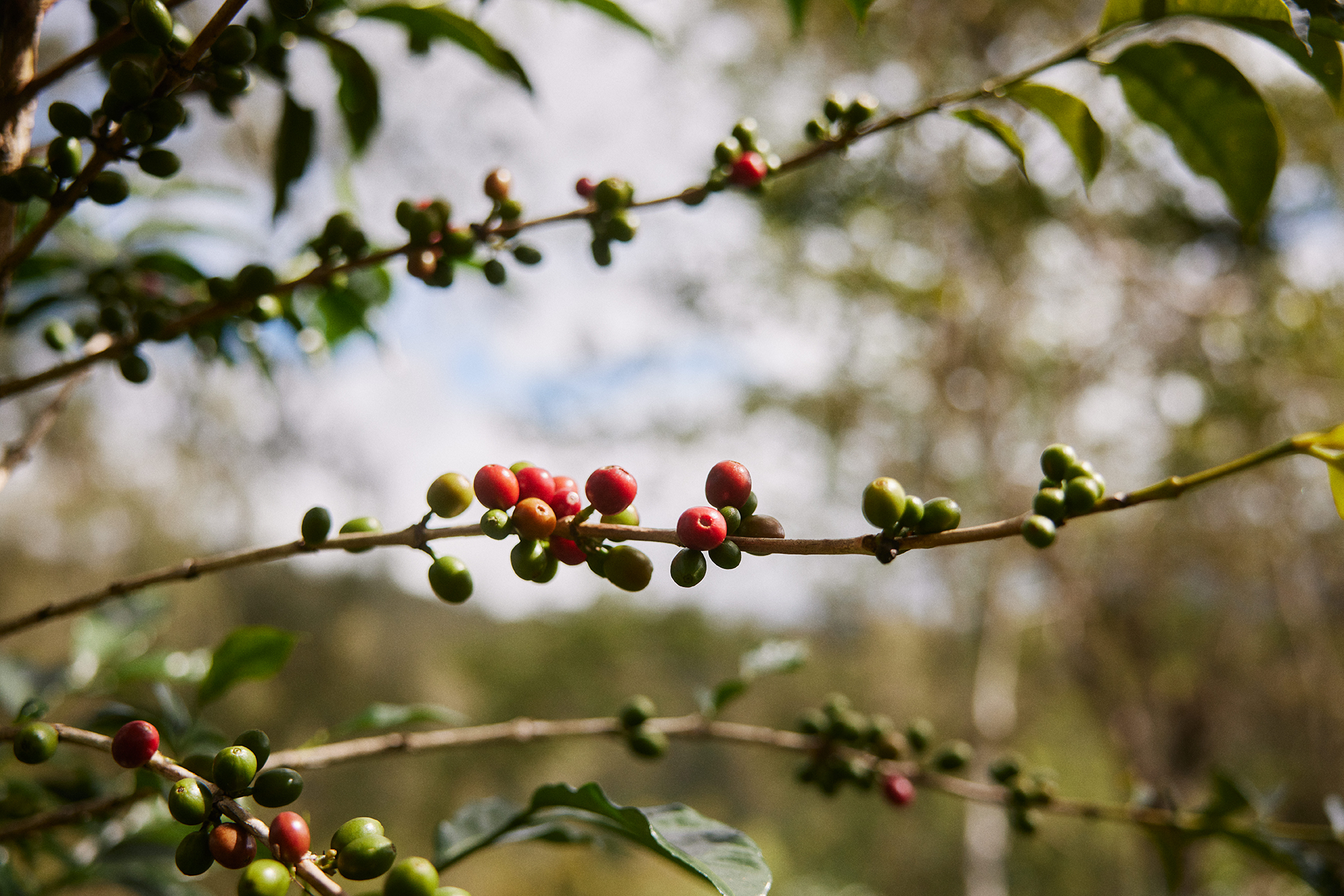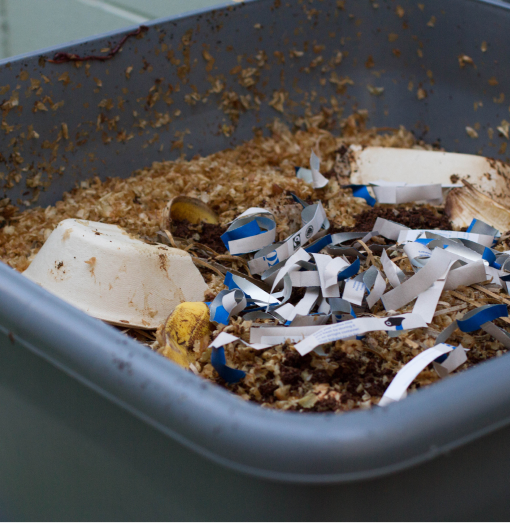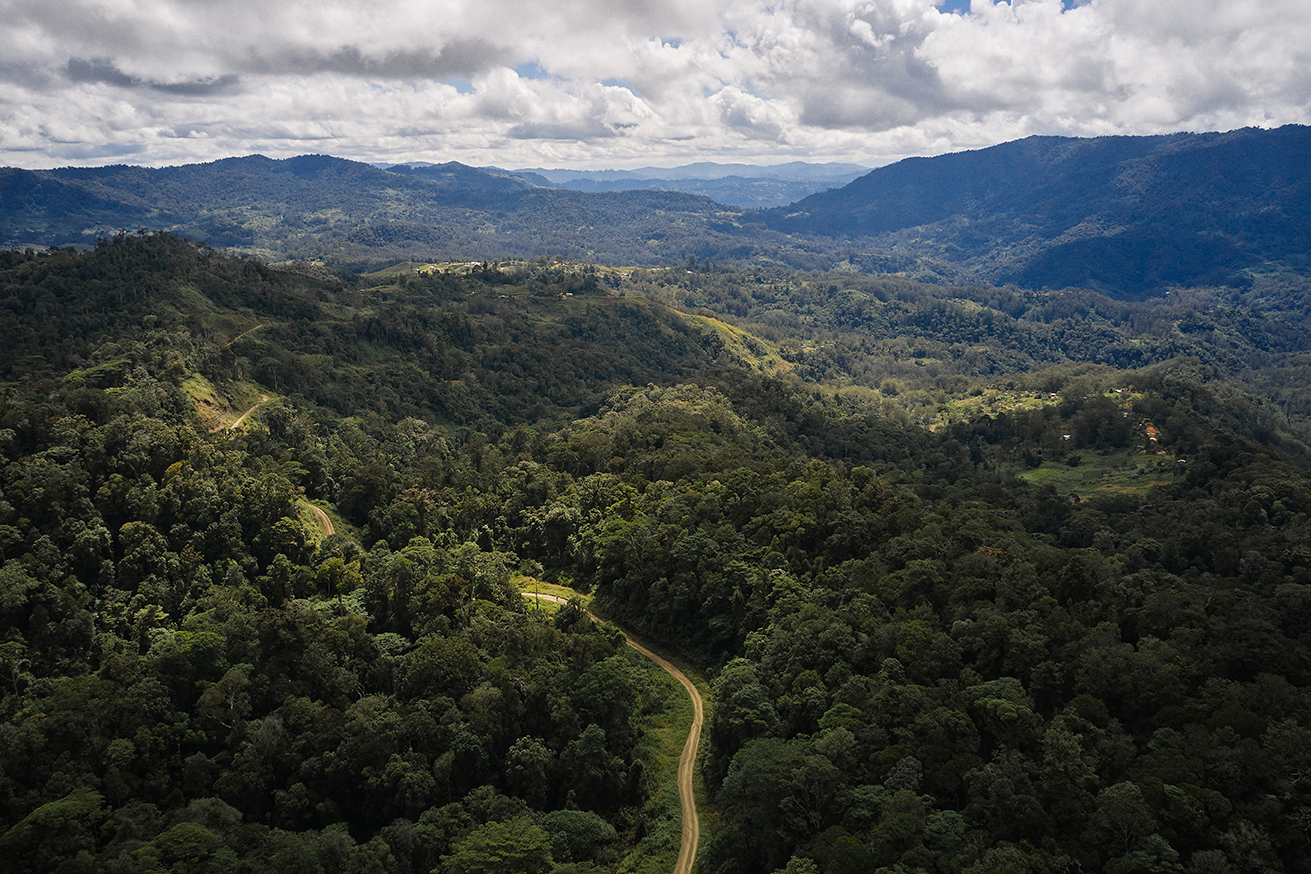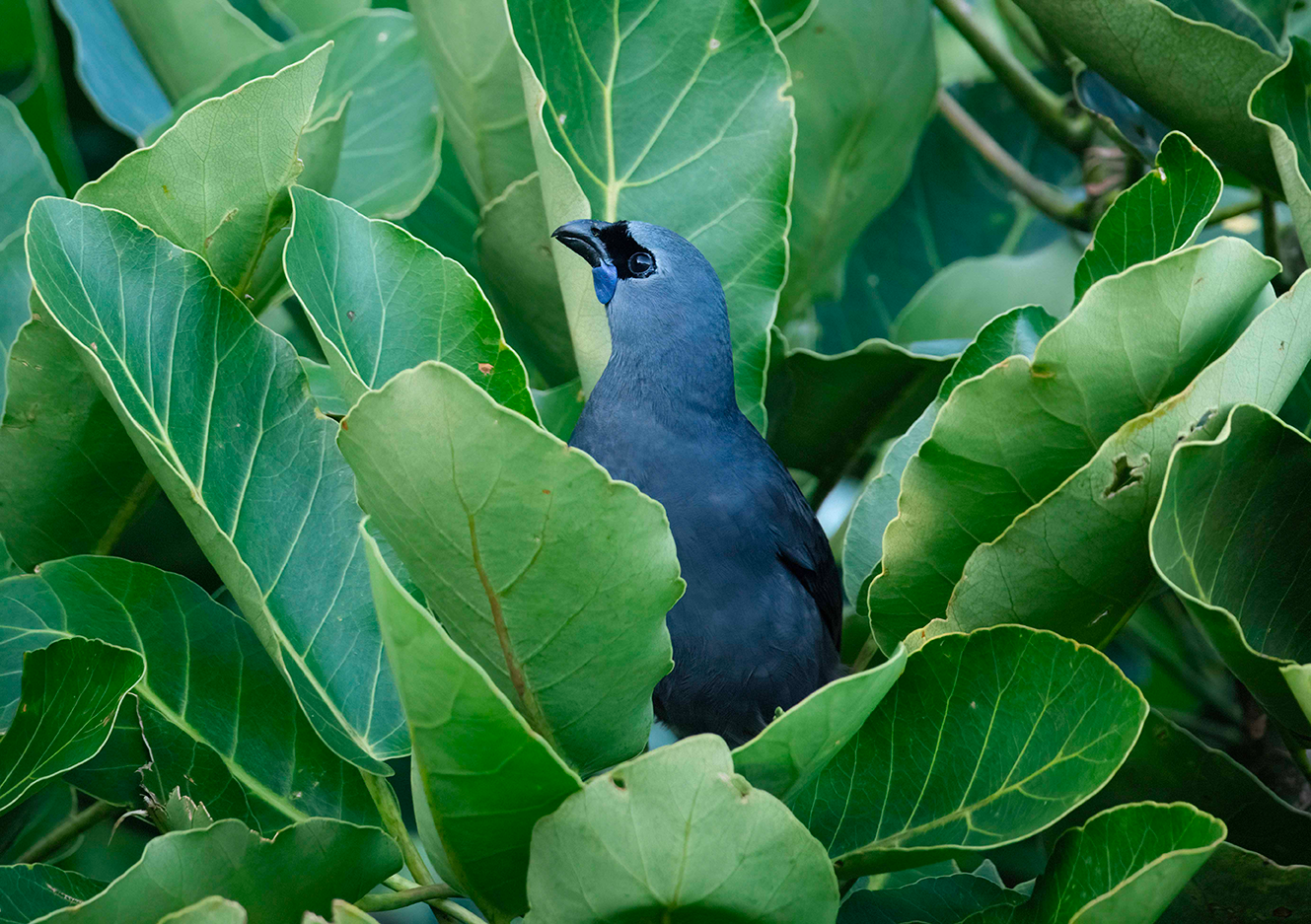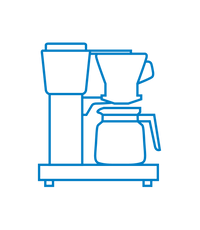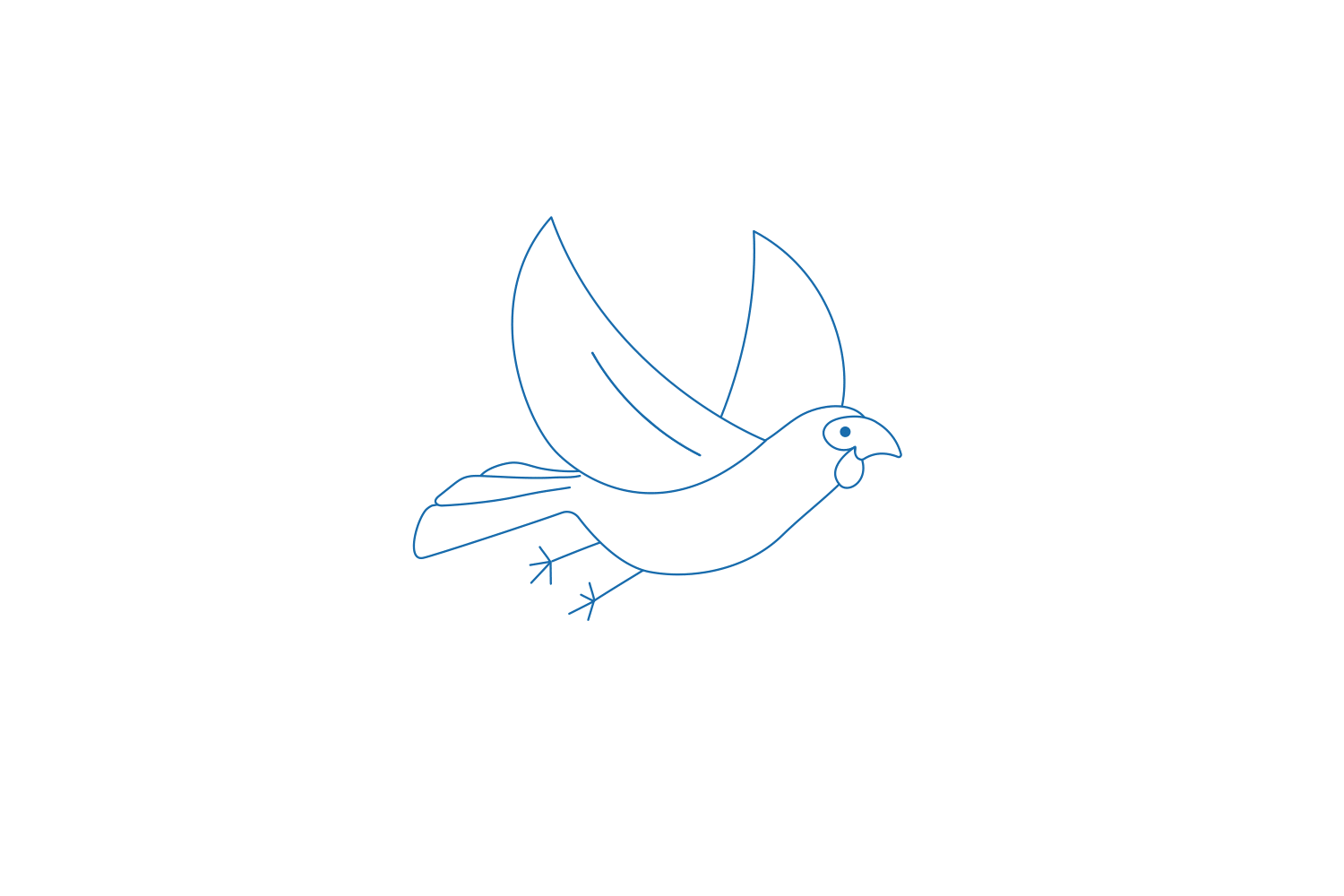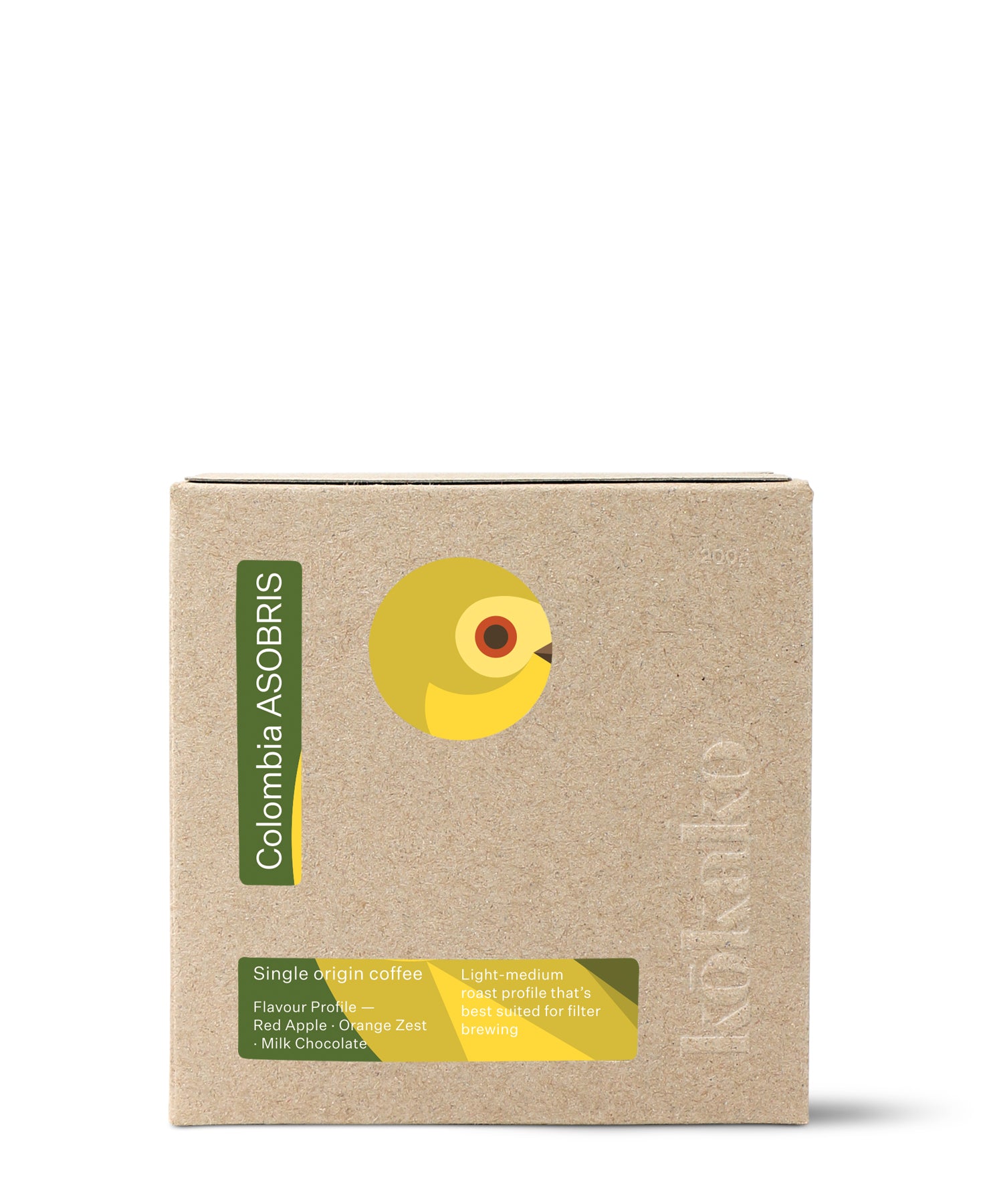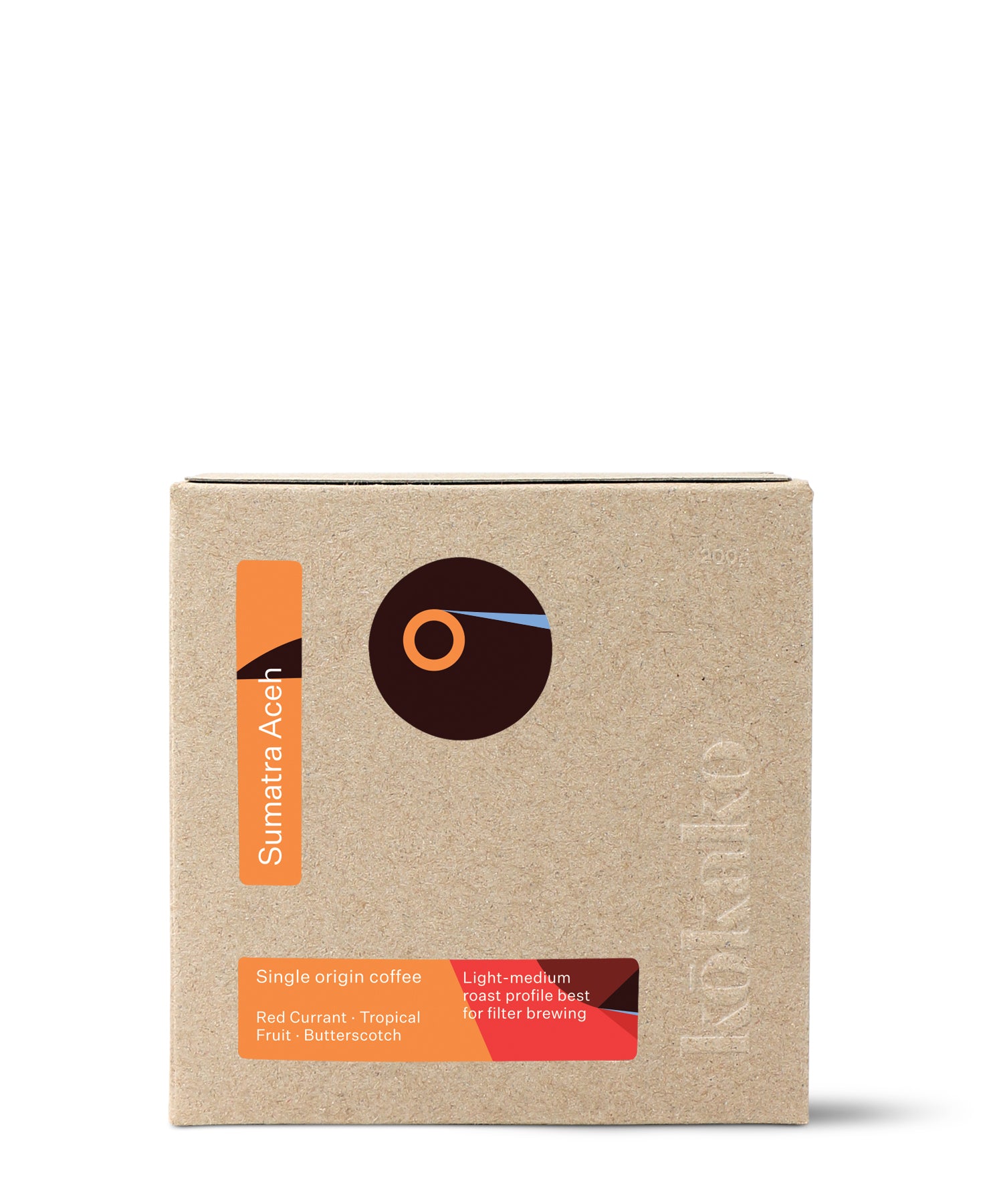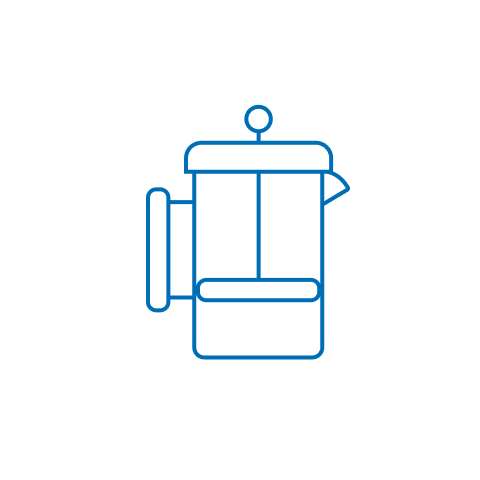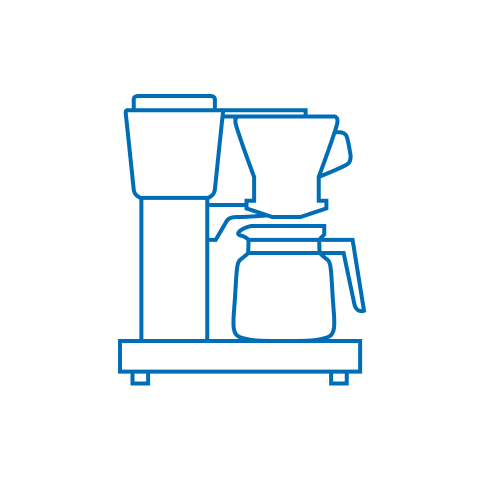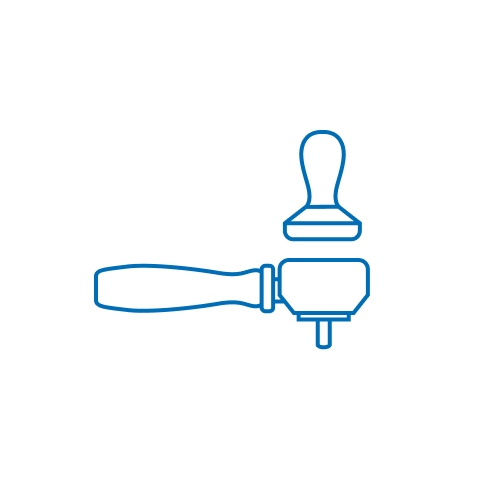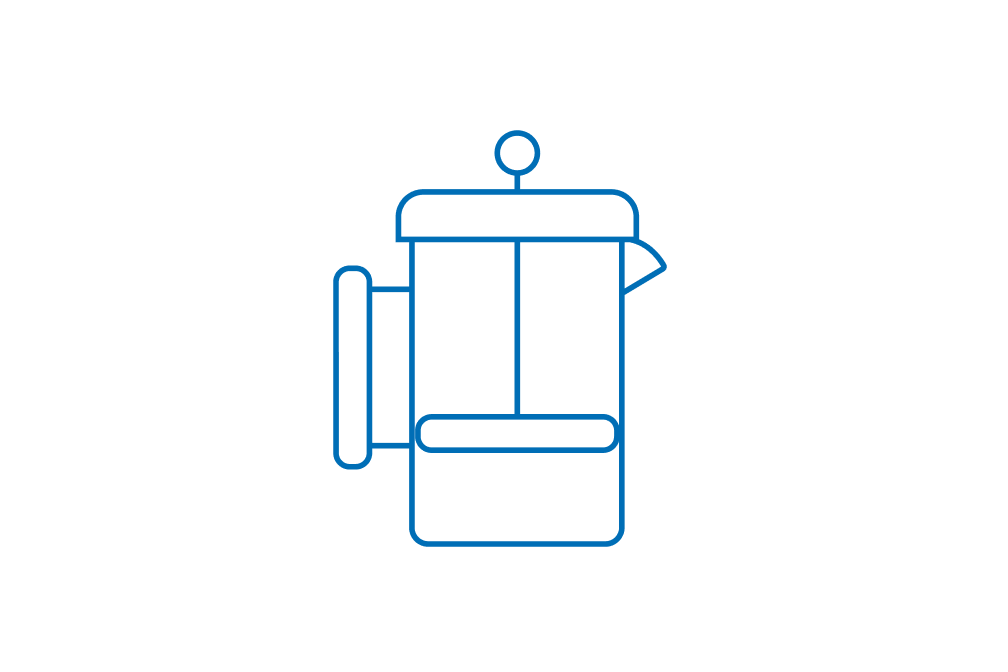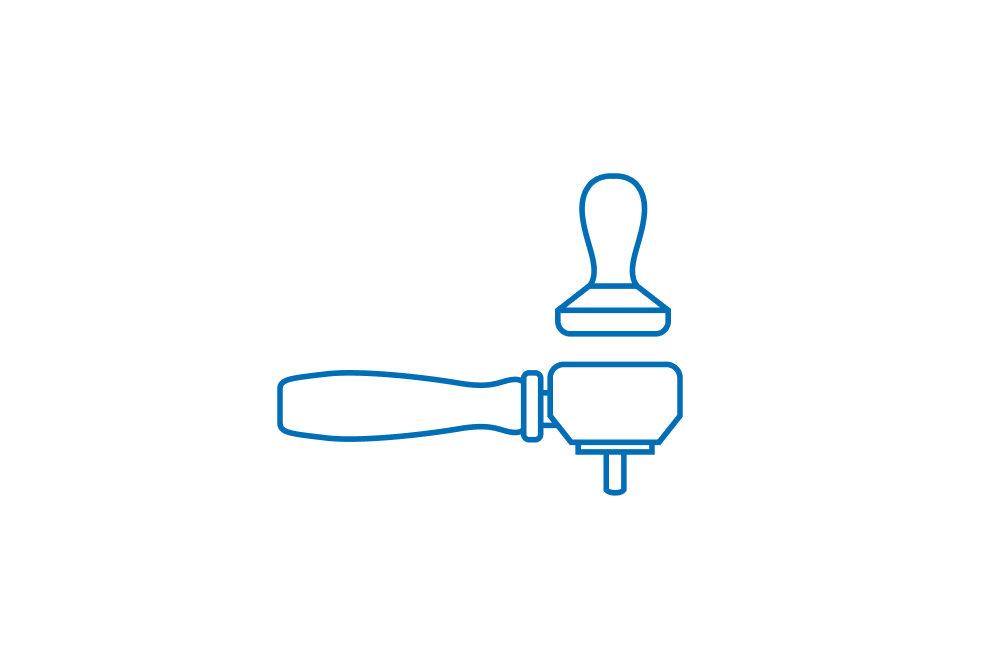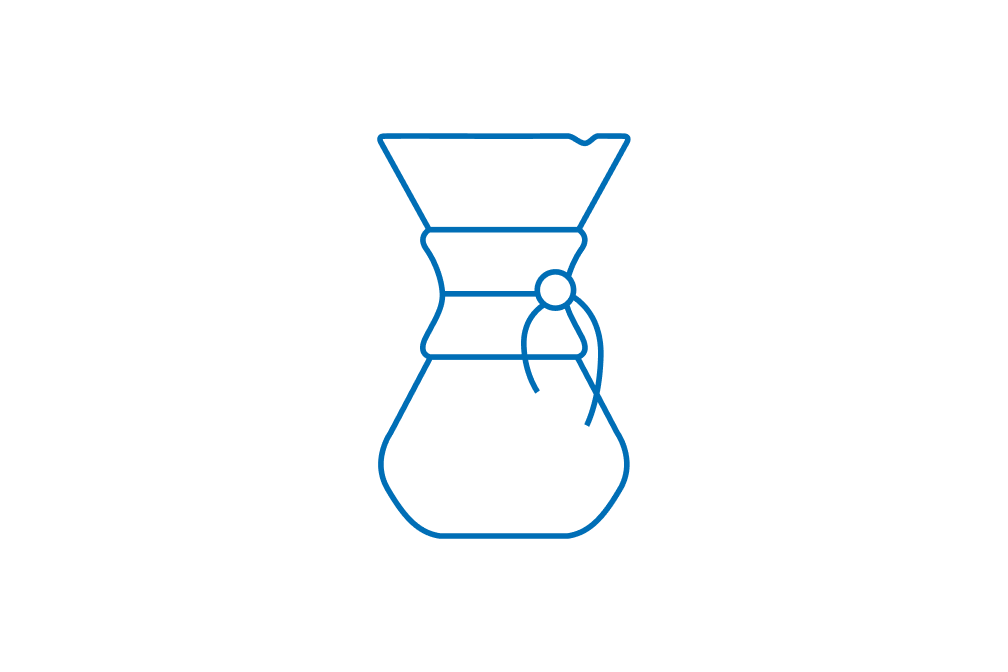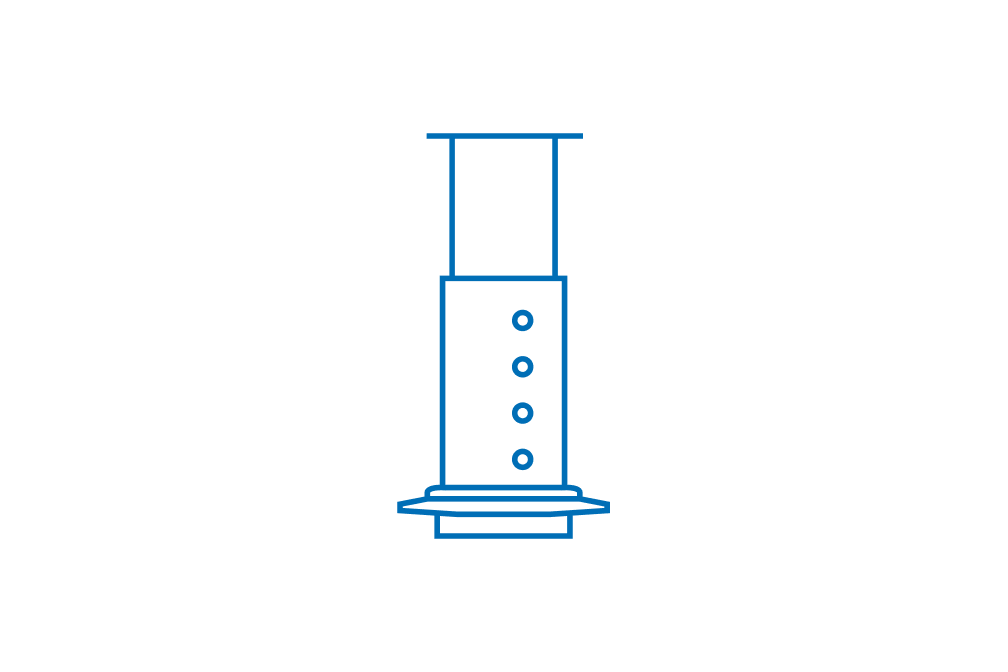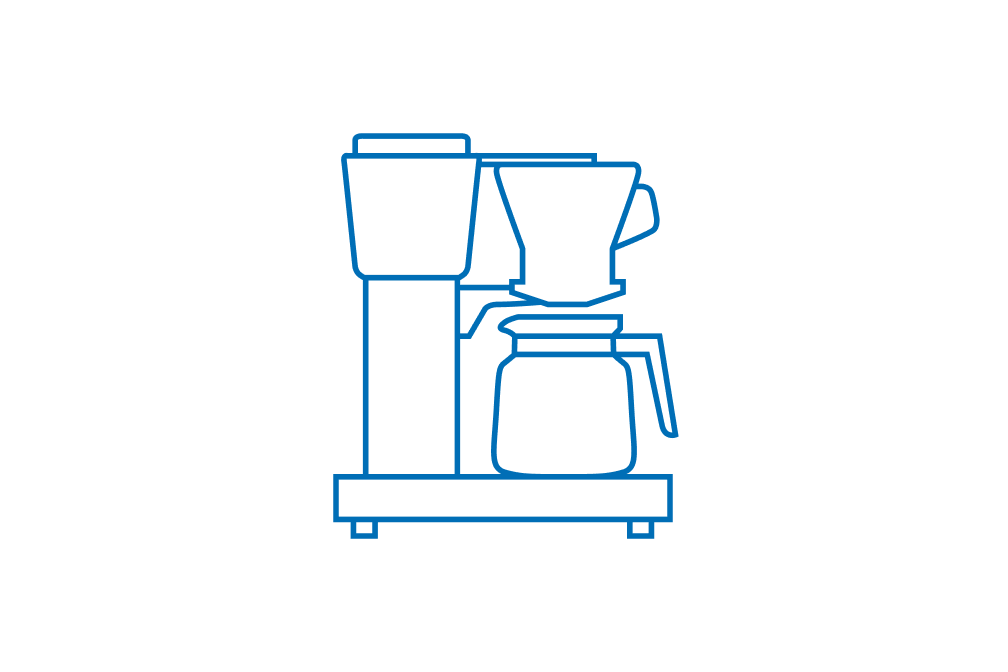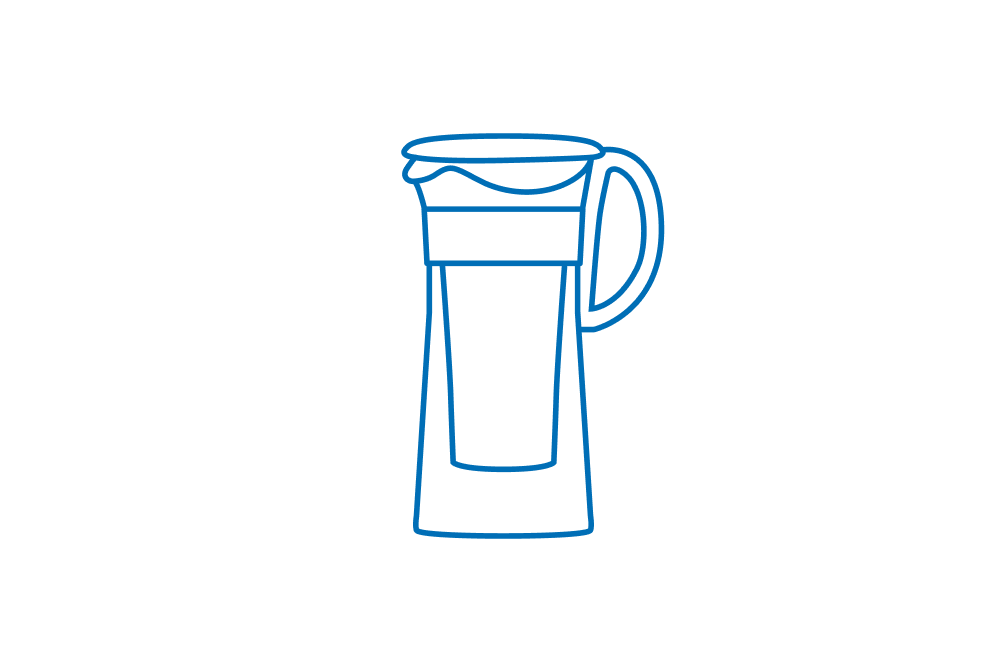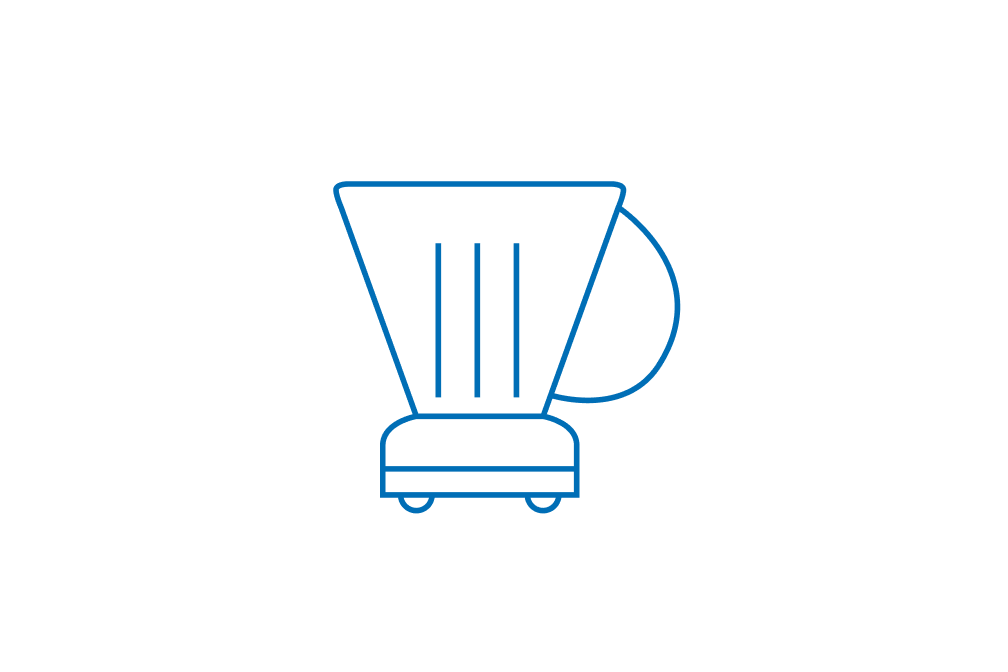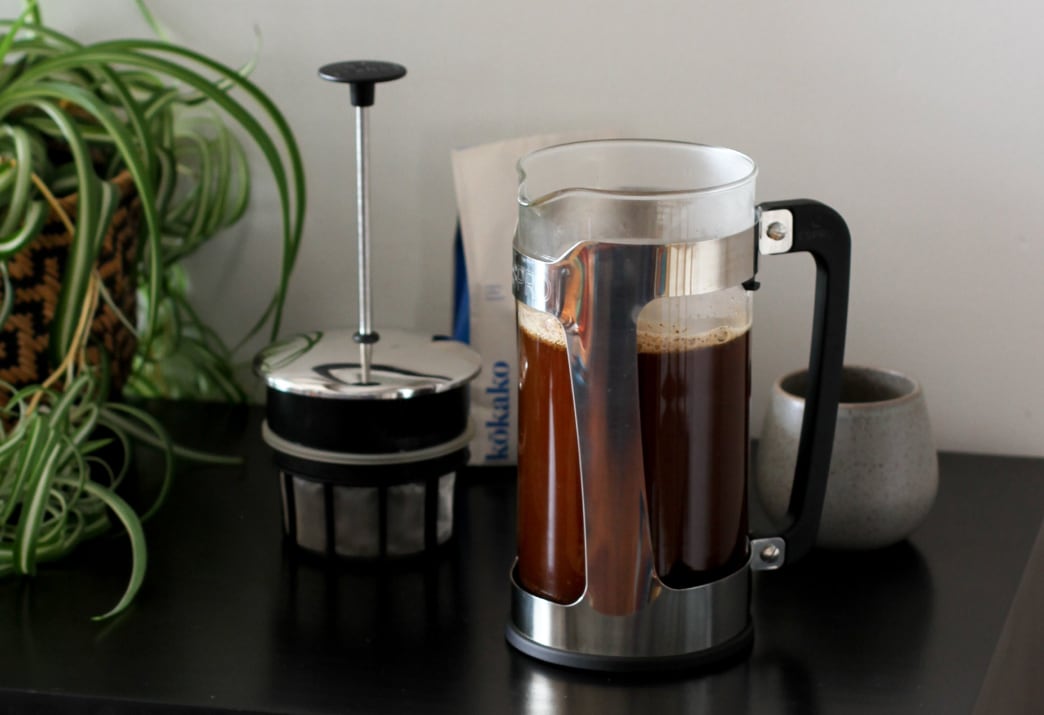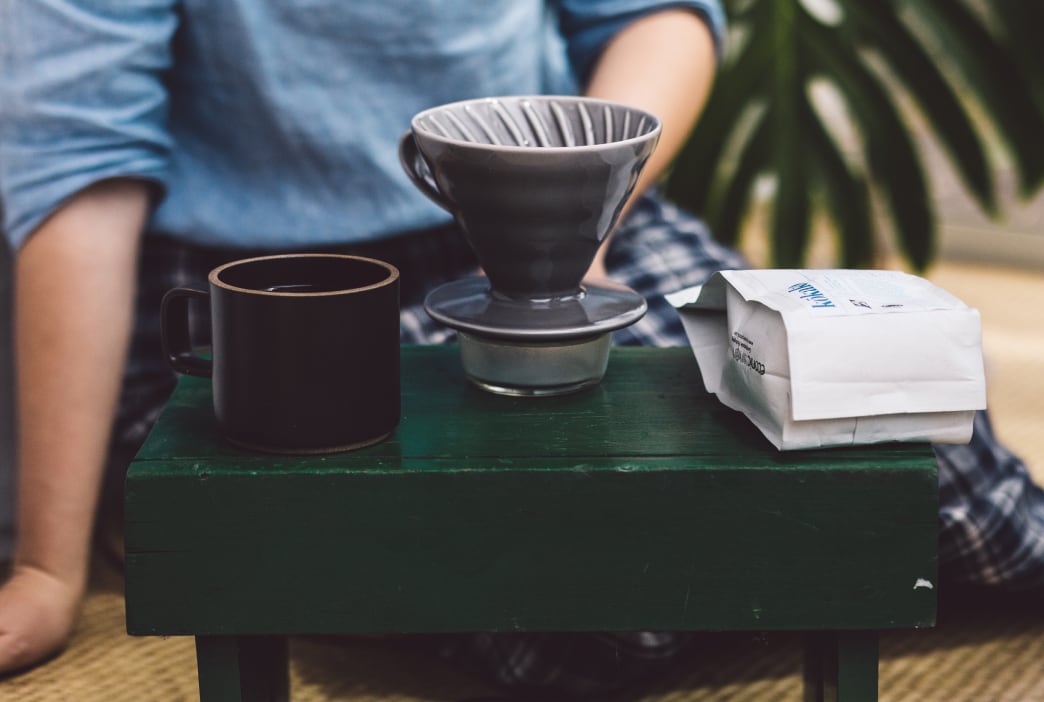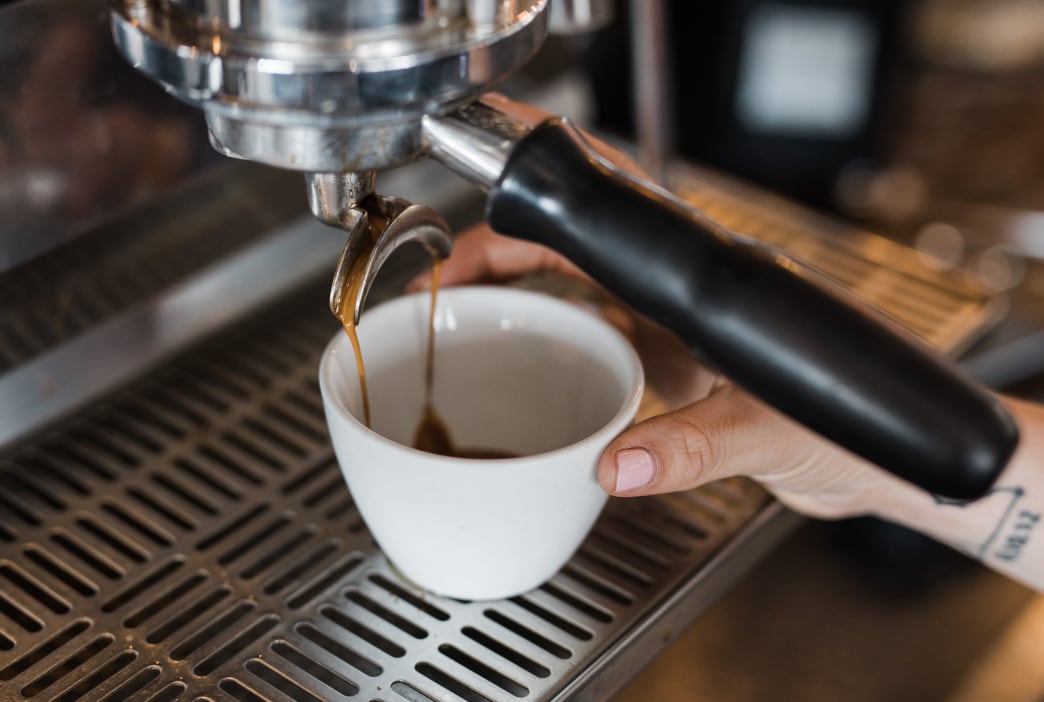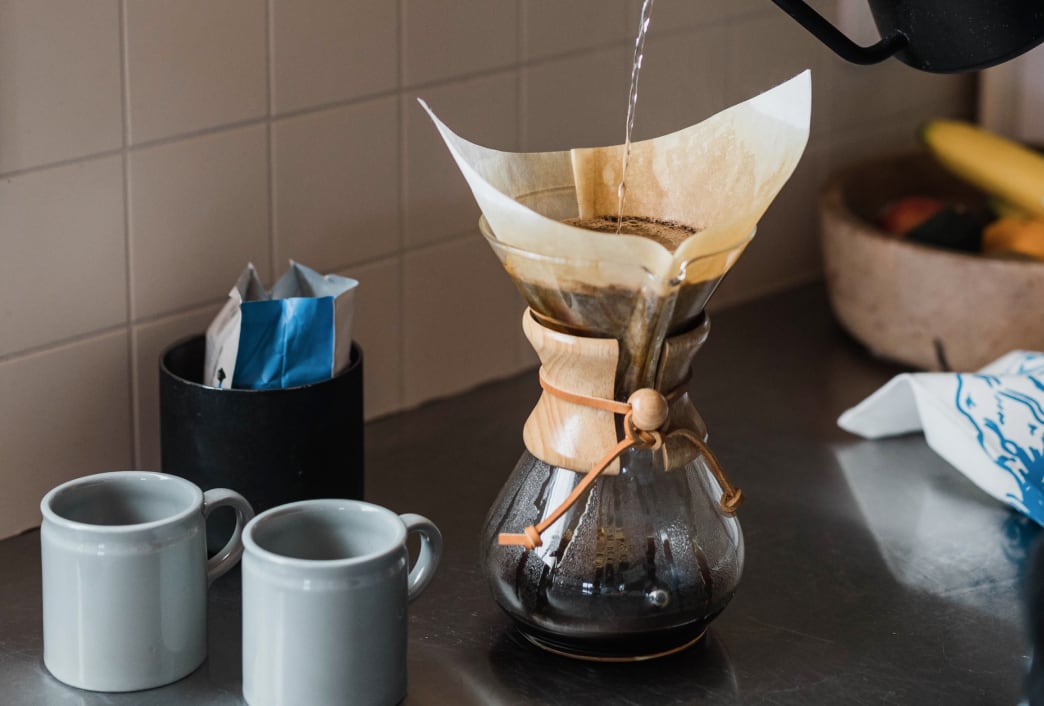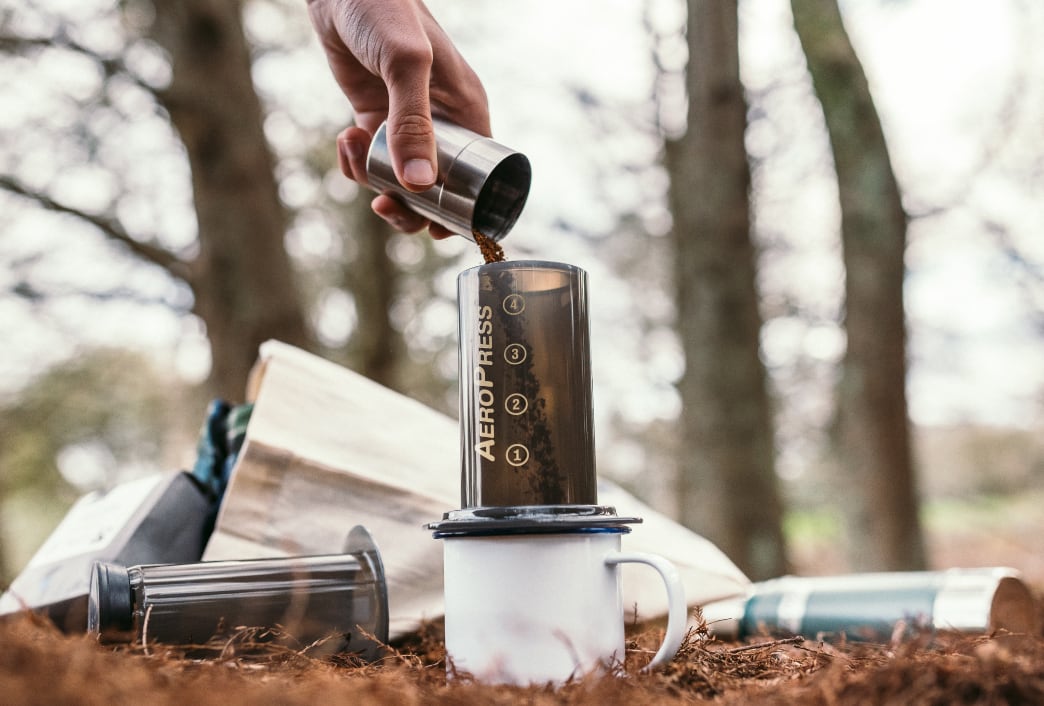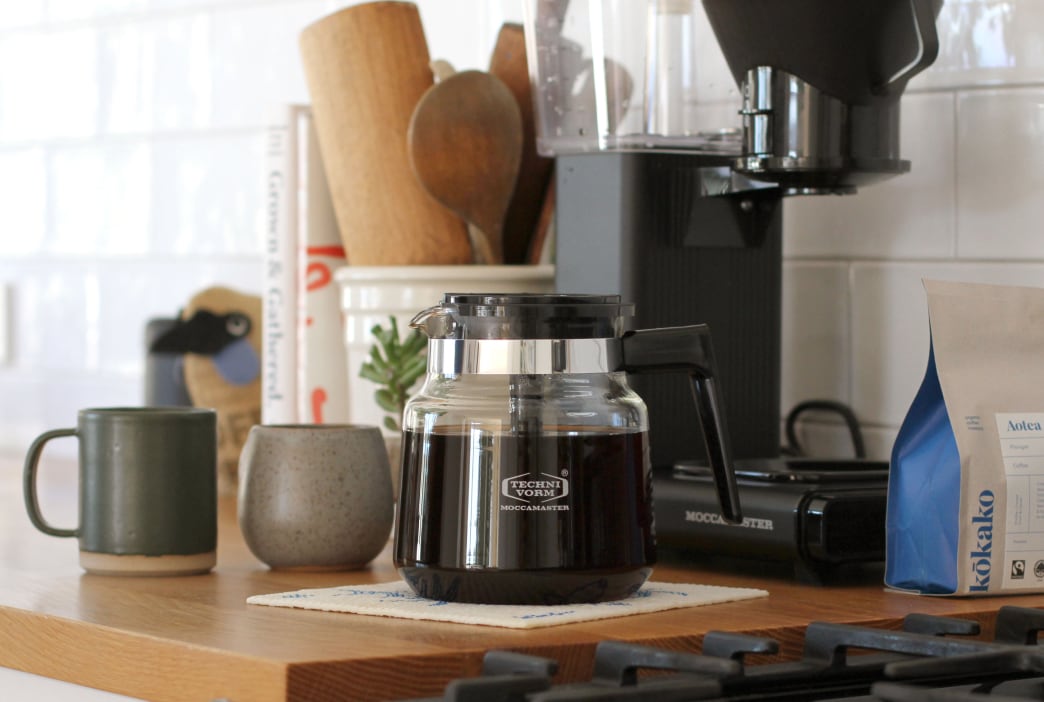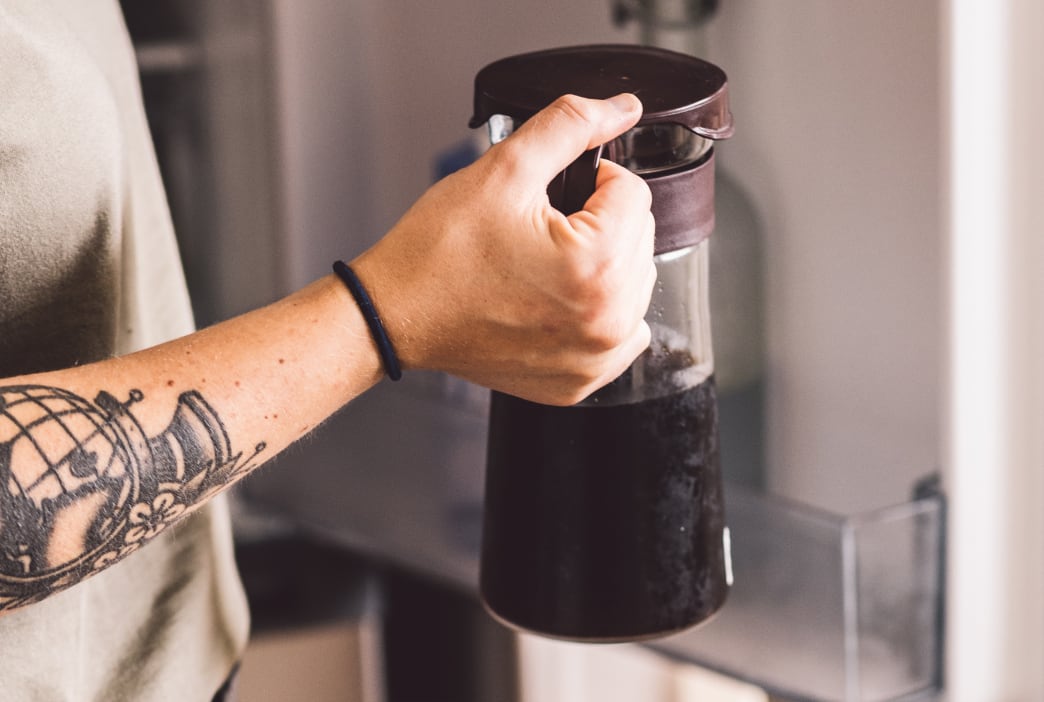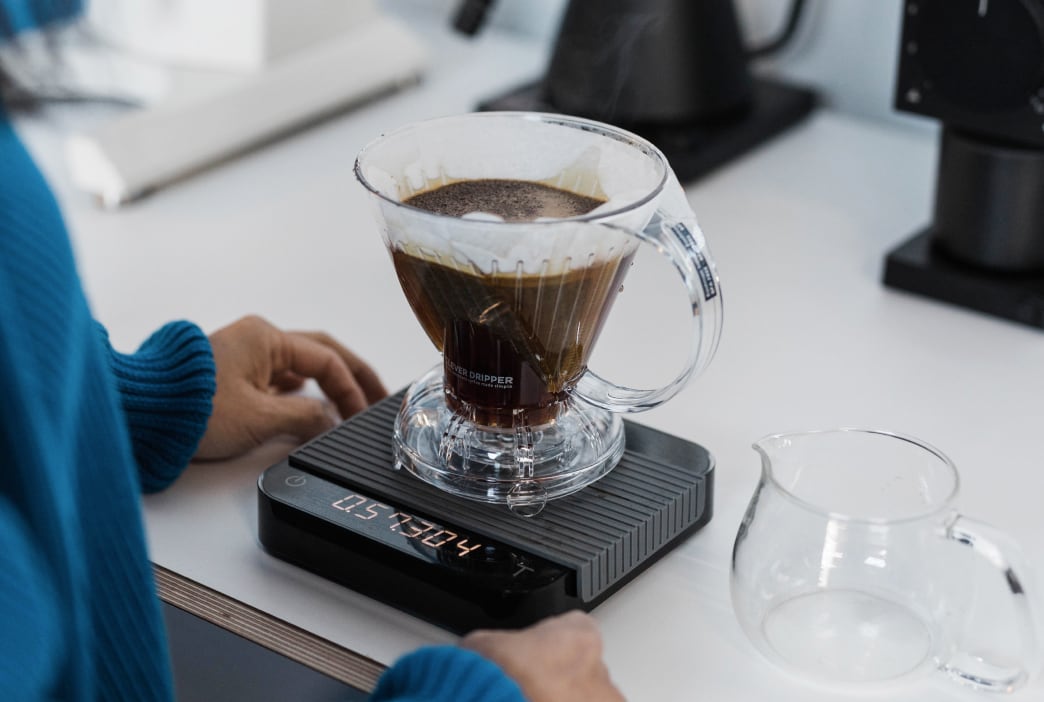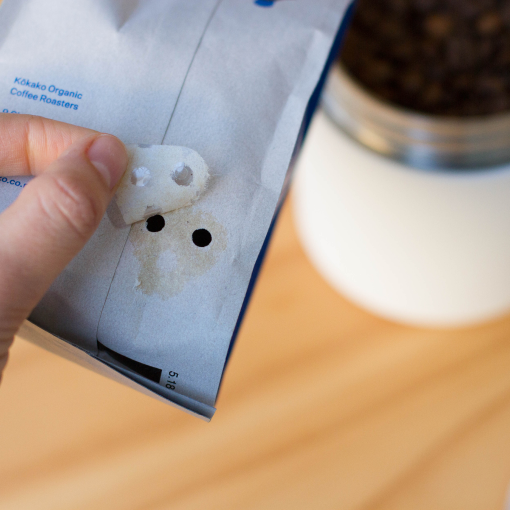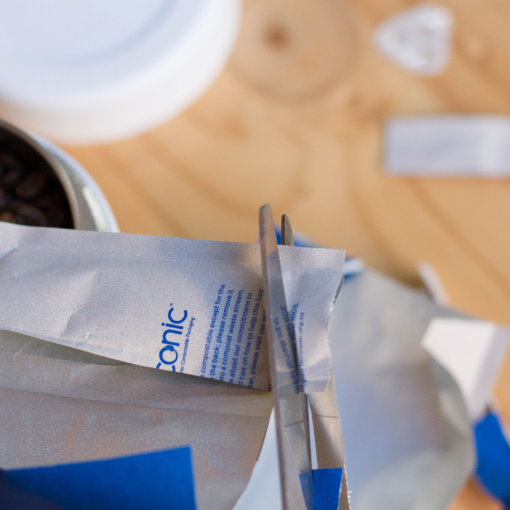Kōkako conservation efforts
The kōkako belongs to the endemic New Zealand wattlebirds, an ancient family of birds which includes the North and South Island saddleback and the extinct huia. In the early 1900s, the kōkako was common in forests throughout New Zealand. However, predation at nests, mainly by ship rats and possums was the primary cause of North Island kōkako declines. North Island native forests are home to the kōkako where some 1,600 pairs reside — North Island kōkako are classified as At Risk–Recovering. Female kōkako are particularly at risk of predation as they do all the incubation and brooding throughout a 50-day nesting period. Years of such predation have resulted in populations that are predominantly male and with consequent low productivity rates. And in the South Island, the kōkako are thought to be extinct, the result of habitat loss and introduction of mammalian predators. Kōkako may likely survive in low numbers in remote parts of the South Island and Stewart Island. Referred to as the Grey Ghost, there have been apparent sightings, that said, actual photographic evidence remains elusive.

Rotoehu Ecological Trust
More recently kōkako were reclassified from Threatened to At Risk: Recovering — in part due to public involvement carrying out surveying, pest control, and monitoring work. Around half of existing kōkako sites are primarily managed by community groups. Community groups are involved mostly now with pest management to protect Kōkako populations. At Kōkako Coffee, we’re pretty passionate about this work, firstly because the kōkako is our namesake bird and also because this is our chance to support their conservation efforts. We work with the Rotoehu Ecological Trust, a conservation group dedicated to protecting and managing the North Island kōkako population in Rotoehu Forest, approximately 35 kilometres northeast of Rotorua — some 998 hectares of land managed, located in the Bay of Plenty. Last weekend a group of us made the overnight trip to meet up with a small group of volunteers to clear the lines for baiting and trapping. Unfortunately between October and March kōkako are nesting and therefore the birds were not called in. We never saw any; a few people thought they heard the Kōkako call, so no kōkako photos. Perhaps next time.

Often, in this climate, it is easy to think we cannot create positive change as individuals, and that is not true. Small community groups and individuals working collectively have brought the kōkako out of threatened status. This site managed by the Rotoehu Ecological Trust conducted their survey earlier this year — facilitated by Sarah Orton and Roger Bawden, highlighting the success of predator control efforts. Survey results saw an increase from 127 total birds in 2013 to 327 territorial kōkako for 2019. These results just would not have been possible without the Rotoehu Ecological Trust staff, volunteers and contractors. This 998 hectares site, now reaching population capacity, also receives support from the Department of Conservation (DOC). Continued kōkako population growth would be much more likely if it were possible to grow land available for kōkako. Predation control improves breeding outcomes and genetic diversity, vital to ensuring the ability of kōkako to adapt to selective pressures. Crucial to their population survival. Ground control areas would require expansion to protect any kōkako pairs which have established territories in the surrounding regions.

Supporting Kōkako population recovery efforts
Community involvement has been and will continue to be vital for kōkako survival. If you’re feeling inspired and want to get involved, here are a few ways you can do that.
Volunteer. The Trust is always on the lookout for new volunteers. If you’d like to join other kōkako enthusiasts in the forest clearing tracks and setting traps, you can fill out a form here, and someone from the Trust will be in contact.
Donate directly to the Trust. Currently, there are a small group of organisations who provide funding for this vital conservation work. Traps are expensive. And so if you can, through Givealittle you can donate an amount of your choosing.
Buy our coffee. Alternatively, if adventuring through the forest is not for you, some years back, we came up with this super simple way to provide support to the Rotoehu Ecological Trust. Purchase our coffee, pop the code ‘ROTOEHU’ at checkout and the profit from your coffee purchase goes to the Trust.



Share
Back to articles
